|
After Beijing imposed the draconian National Security Law for Hong Kong in 2020, the UK, Canada and Australia responded by opening “lifeboat schemes,” or special immigration pathways, for Hong Kongers. Article 23, the latest tightening of the screws on Hong Kong freedoms, requires a similar response from the European Union.
The UK provided an escape valve by allowing Hong Kongers with British National (Overseas) (BNO) status to apply for a visa with a permanent residence pathway in Britain. More than 160,000 Hong Kongers have resettled in the UK alone since the imposition of the law, and London has taken further steps to welcome them in anticipation of the passage of Article 23. Canada launched programs to provide permanent residency to Hong Kong residents who have graduated from a selected post-secondary institutions in Canada, and to Hong Kongers who have completed post-secondary education and have worked in Canada for a minimum of one year. Australia enabled Hong Kongers completing eligible tertiary studies to apply for a temporary graduate visa after their studies, with a pathway to permanent residency. This week, the Hong Kong government enacted the Safeguarding National Security Bill, colloquially known as “Article 23 legislation,” in the territory. Article 23 is a domestic, albeit more severe, version of the National Security Law, and was first proposed in 2003. Under the Basic Law of Hong Kong, the city’s constitution, the Hong Kong government is required to introduce legislation to safeguard national security. In recent days Hong Kong officials have said that it is their constitutional “duty” to introduce Article 23 legislation, but I am not sure that broad and unclear language is what the writers of the Basic Law had in mind. When the Hong Kong authorities attempted to introduce Article 23 in 2003, more than 500,000 Hong Kongers protested, and the plans were abandoned. But today, the Hong Kong people do not have a choice nor the right to protest without facing serious repercussions. Vague terms Under directives from Beijing to pass Article 23 “as soon as possible,” the Hong Kong government left a few days to consider a public consultation process which received over 13,000 submissions and for the Hong Kong Legislative Council to review and make amendments to the 212-page bill. Article 23 prohibits seven types of activities: treason, secession, sedition, subversion, theft of state secrets, foreign political organizations or bodies conducting political activities in Hong Kong, and political organizations or bodies in Hong Kong establishing ties with foreign political organizations or bodies. The language surrounding what constitutes these activities is vague to intentionally allow the government to criminalize whatsoever and whosoever it wishes. For example, starting with the definition of ‘national security’, the bill reads “specific measures to be taken to safeguard national security will depend on the actual situation in the HKSAR.” Under which circumstances, and in what situations, will certain individuals and organizations be criminalized? This language not only mirrors the definition of national security on mainland China, but potentially contravenes the “principle of legal certainty” protected under the International Covenant on Civil and Political Rights.
0 Comments
Police in China are stepping up spot searches of people’s phones for apps enabling them to bypass the Great Firewall of government internet censorship, residents told Radio Free Asia in recent interviews. A resident of the southwestern province of Sichuan who gave only the surname Huang for fear of reprisals said he had recently been stopped on the subway in the provincial capital, Chengdu. “This happened to me in Chengdu,” Huang said. “A police officer stopped me on the subway and wanted to check my phone, but I didn't allow him to.” “I told him he had no law enforcement powers and he let it go,” he said. Chinese authorities have stepped up spot checking operations on the streets and on public transport in the years since the “white paper” protest movement of 2022, which the government blamed on infiltration by “foreign forces,” and have been forcing people to download an “anti-fraud” app that monitors their phone usage, according to recent interviews. Huang said he has also seen police checking people’s phones on the streets of Shanghai and Beijing.
He said anyone who gets hauled in to “drink tea” with the feared state security police will have their phone checked as a matter of routine, meaning that people need to delete such software or reset to factory settings to avoid discovery. He said that while some uncensored content occasionally gets through, there isn’t as much as before the current crackdown. According to Huang, the current crackdown was sparked by the “white paper” protests, after which the authorities have targeted university students to crack down on people going “over the wall” to get content that hasn’t been censored by the ruling Chinese Communist Party.
‘You have to be especially careful’ A mobile phone repair specialist in the southern province of Guangdong who declined to be named for fear of reprisals said the police-approved “anti-fraud” app can also detect the presence of circumvention tools on any phone where it has been installed. “As long as your phone has the anti-fraud app installed, they will know what you are doing,” she said. “You have to be especially careful now if you want to get around the Wall.” A screenshot provided by a resident of the central province of Hubei showed an SMS alert from the provincial police department warning them that circumvention software had been detected on their phone, in violation of the Online Security Law The user was ordered to cease and desist or report to the local police station, on pain of further “enforcement measures,” according to the text message. According to the X citizen journalist account “Mr Li is not your teacher,” a student at the School of Electronic Information and Computer Engineering at Sichuan’s Institute of Industrial Technology was recently disciplined for “ignoring online security regulations” and using software to bypass the Great Firewall on many occasions between Feb. 29 and March 11, according to a photo of the school’s disciplinary announcement. They had accessed content on overseas websites and reposted it to two WeChat groups, which “violates the school’s student regulations,” the notice said. The student was given a warning under the college’s disciplinary code, it said. Last month, China’s state security police started combing through the account’s follower list and putting pressure on people living in China to unfollow it, the journalist reported. China’s Cyberspace Administration has also been stepping up its campaign to remove unapproved content from Chinese social media platforms, reporting that it revoked the licenses of more than 10,000 websites in 2023, and hauled in more than 10,000 “for interviews.” The websites were being targeted for “spreading false information, incitement of confrontation and other harmful content,” state news agency Xinhua reported on Jan. 31. In a pivotal development for WikiLeaks founder Julian Assange, the High Court in London granted him the opportunity on Tuesday to continue his legal battle against extradition to the United States. The decision comes amid ongoing international scrutiny over the implications of Assange's potential trial in the US.
Assange, 52, has been embroiled in a legal saga for years, with US prosecutors seeking his extradition to face 18 charges, primarily related to espionage. However, the High Court ruled that the US must provide "satisfactory assurances" regarding Assange's rights, including the ability to invoke the First Amendment and clarity on whether he could face the death penalty if convicted. The latest ruling stems from Assange's legal team's efforts in February to challenge Britain's approval of his extradition to the US, arguing that his prosecution was politically motivated. In a significant turn, two senior judges acknowledged Assange's realistic prospect of successfully challenging extradition on multiple grounds, setting the stage for a prolonged legal battle. While the US has accused Assange of "indiscriminately and knowingly" publishing the names of sources, rather than merely expressing his political views, his defense team has vehemently contested these allegations. Assange's case has drawn widespread attention from human rights advocates, free speech proponents, and legal experts, who argue that his extradition could set a dangerous precedent for journalistic freedom and whistleblowing. As the legal proceedings unfold, Assange remains confined in the high-security Belmarsh prison in London, where he has spent years fighting extradition and facing numerous legal challenges. The decision by the High Court to allow Assange to continue his appeal underscores the complex legal and ethical dilemmas surrounding his case, with implications that extend far beyond his individual fate. The US Justice Department is considering whether to allow WikiLeaks founder Julian Assange to plead guilty to a misdemeanour offense in order to avoid extradition to the US on espionage charges, the Wall Street Journal reported on Wednesday.
The potential deal would see Assange plead guilty to mishandling classified information, with the five years he has already served in London’s Belmarsh Prison counting as his sentence, the unnamed sources told the newspaper. Assange’s lawyers and US officials have held preliminary talks in recent months to sketch out a possible bargain, the sources said. However, Barry Pollack, a lawyer for the jailed journalist, told the newspaper that “there are no signs” that the department is ready to accept the deal. If a deal were reached, it would end a legal battle in play for more than a decade. After his arrest by British police in 2010 for sexual offense allegations that he denied, Assange jumped bail in 2012 and was granted asylum in the Ecuadorian embassy in London. He was arrested again in 2019 when Ecuador revoked his asylum, and has remained in Belmarsh ever since. The Justice Department unsealed an indictment against Assange on the day of his arrest, charging him with 17 counts of espionage. If extradited to the US and convicted, the former WikiLeaks boss faces up to 175 years in prison. The charges stem from his publication of classified material obtained by whistle-blowers, including Pentagon documents detailing alleged US war crimes in Iraq and Afghanistan. The UK Home Office approved his transfer to American custody in 2022, but Assange – now in poor health after nearly five years of solitary confinement – has filed repeated appeals, none of which have been successful. Last month, Britain’s High Court postponed a decision on granting Assange a final chance to appeal his extradition. Washington’s use of the Espionage Act to prosecute Assange is controversial, as the Australian-born journalist published, but did not steal, the classified material in question. Former US President Barack Obama refused to press charges against Assange for this very reason, arguing that his activity was no different from that of any newspaper, and was therefore protected by the First Amendment of the US Constitution. With an election coming up this November, US President Joe Biden is keen to avoid the “political hot potato” of an extradited journalist arriving in Washington to face criminal prosecution, the Wall Street Journal wrote. Furthermore, American “prosecutors face diminishing odds that he would serve much more time even if he were convicted stateside,” the paper noted. Over a third of Dutch people with East Asia and Southeast Asia roots have experienced discrimination in the past few year. Among Chinese Dutch it's even 52 percent. The reports are based on a study by the University of Amsterdam and the Fontys Hogeschool Tilburg on behalf of the Ministry of Social Affairs.
It is the first extensive study into discrimination against Dutch people with East- and Southeast Asian roots. The researchers surveyed a representative sample of 2,505 Dutch people of East Asian and Southeast Asian descent and extensively interviewed 36 respondents. They found countless examples of people being verbally abused, disadvantaged, or excluded because of their appearance or surname. Some reported having racial slurs yelled at them on the street or in class. Others reported “jokes” about eating dogs. Many noticed they had less chance of finding a job or a home. The discrimination mainly occurred in public places, education, and at work. When it comes to slurs shouted on the streets, the perpetrators are usually men, and the victims are generally women. Respondents also often noted being called “Chinese” regardless of their actual origin. These types of experiences have significant consequences, the researchers found. All surveyed groups reported psychological complaints, reduced involvement in society, and damaged trust in the authorities. Perceived discrimination also seems to have increased in all groups since the start of the coronavirus crisis, the researchers said. But they added: “It is not clear whether this increase is the result of an increase in actual discrimination, increasing awareness of discrimination, or the rising willingness to name and report it.” In recent years, there have been many studies in the Netherlands into perceived discrimination from minority groups. These studies typically ignored people with roots in East Asia and Southeast Asia. “That may have to do with the fact that they are often seen as a ‘model minority’ who experience few problems and pose few problems,” the researchers note. That can also be considered discrimination. These population groups have experienced discrimination since Chinese sailors started working in the Dutch ports at the start of the last century, especially during the economic crisis in the 1930s, the researchers said. The report cites a quote from an official in 1929. “If people are allowed in, if they are allowed to stay here for decades, it will be very difficult to get rid of them, and a Dutch colony of illegitimate children with Gypsy, Oriental, and Chinese blood will be bred.” The researchers noted that this idea still lingers in Dutch society, pointing to a broadcast of Holland’s Got Talent in which jury member Gordon said to a candidate of Chinese origin: “Which number are you singing? Number 39 with rice?” Minister Karien van Gennip of Social Affairs called the study results “unfortunately, no surprise.” She said: “It is now visible to everyone on what scale this discrimination takes place. It provides recognition, but above all, it gives us a job to do as a society. Dutch Prime Minister Mark Rutte will not have Budapest’s backing in his bid to become the next secretary general of NATO, Hungarian Foreign Minister Peter Szijjarto said on Tuesday.
The Dutch politician is considered the frontrunner for the job. Rutte has the endorsement of several heavyweights in the military alliance, including France, Germany, the UK, and the US. But the Hungarian government opposes the candidacy due to his vocal criticism of their country in the past. ”We certainly can’t support the election of a man to the position of NATO’s secretary general, who previously wanted to force Hungary on its knees,” Szijjarto said. He was referring to remarks made by Rutte in 2021, after Hungary passed a law that prohibited the exposure of LGBT-themed content to minors. The Dutch prime minister had argued that this was incompatible with EU values, saying Hungary had “no business being in the European Union any more.” Brussels’ goal should be “to bring Hungary to its knees on this issue,” he added, speaking ahead of an EU leaders’ summit. While roughly two-thirds of alliance member states support Rutte’s bid, the secretary general has to be appointed by a unanimous vote. Budapest has demonstrated its willingness to leverage its voting rights in NATO by withholding the ratification of Sweden’s bid to join the transatlantic bloc for almost two years. President Tamas Sulyok signed the bill approving the accession on Tuesday. The Dutch prime minister is serving his fourth term. Rutte announced his decision to depart from national politics last July. He currently holds office in a caretaker capacity, as MPs elected in November’s election have struggled to form a new government. Jens Stoltenberg is set to step down as NATO secretary general in October after a decade in the position. His successor is expected to be chosen in July, during a leaders’ summit in Washington. It is not a secret that Julian Assange can divide opinion. But now is a time to put all such issues firmly to one side. Now is a time to stand by Mr Assange, and to do so on principle, for the sake of his freedom – and ours.
There can be no divide over the attempt by the United States to have the WikiLeaks founder extradited from Britain to face charges under the US Espionage Act, which reaches a critical stage in London this week. The application embodies not just a threat to Mr Assange personally. It is also, as this newspaper has consistently argued over many years, an iniquitous threat to journalism, with global implications. It poses the most fundamental of questions about free speech. On these grounds alone, Mr Assange’s extradition should be unhesitatingly opposed. In 2010, WikiLeaks published revelatory US government documents exposing diplomatic and military policy in the Afghan and Iraq wars. Four years ago, during the Trump presidency, the US justice department issued a WikiLeaks-related indictment of 18 counts against Mr Assange. It charged him with multiple breaches of the 1917 Espionage Act, a statute that originally clamped down on opposition to America’s entry into the first world war. In recent years, though, the act has mainly been invoked against leakers. Earlier targets included the Pentagon Papers whistleblower Daniel Ellsberg, who passed documents to the New York Times exposing US government lies about the Vietnam war. Those charges were eventually dismissed, but it was a close-run thing. The Espionage Act contains no public interest defence. A person charged under it cannot present evidence about the content of the material leaked, cannot say why they did what they did and cannot argue that the public had a right to know about the issues. Those restrictions are no more acceptable in Mr Assange’s case than in Mr Ellsberg’s time. The free press still matters. Journalists sometimes depend on whistle blowers. The relationship between them is particularly delicate and important in cases where national security is invoked. When the unequalled global power of the US is involved, the stakes are especially large. But even national security, and certainly the national security of a global superpower, cannot in every single circumstance invariably override the public interest in publication and the right to know. That was the core issue in the Ellsberg case, as it also was in the WikiLeaks and Edward Snowden cases. In Espionage Act prosecutions, however, that public interest argument is always muzzled. This week, Mr Assange’s lawyers will seek leave to appeal against the extradition decision made in 2022 by the then home secretary Priti Patel. If he is extradited, and unless the UK relents or President Biden intervenes, he faces a criminal trial in which his arguments will be silenced, and a maximum penalty of 10 years in prison for each of the Espionage Act charges. If convicted, he could be locked away for his lifetime. The implications for journalism are every bit as serious. This newspaper’s journalism, and that of potentially every newspaper based in the US or an allied country, would be at risk too. If the prosecution succeeds, the New York Times lawyer in the Pentagon Papers case has said, “investigative reporting based on classified information will be given a near death blow”. That prospect is on the line in the courts this week. A society that claims to uphold freedom of the press cannot possibly remain indifferent. The jailed blogger lost consciousness after going for a walk, and resuscitation efforts failed, authorities have said.
The Russian opposition figure Alexey Navalny has died in jail in central Russia after falling ill during a walk, local authorities have said, adding that an investigation into the exact cause of his death was ongoing. The Kremlin says President Putin has been informed and that it has no information about the cause of death. The prison claimed in an initial statement that Navalny became unwell while out for a walk. At the end of December, Navalny was transferred to the IK-3 penal colony in the far north of Russia, on the edge of the Arctic Circle. The opposition leader had been missing for weeks in the days before. Strong criticism of Putin. Navalny was one of President Putin's best-known opponents. The opposition leader was arrested at Sheremetyevo Airport near Moscow in January 2021. A few months earlier he was poisoned with the nerve agent Novichok and received treatment in Germany. He served a years-long prison sentence. A Russian court had convicted him of what was called "creating an extremist movement". With his anti-corruption foundation, Navalny has exposed abuses since 2011, such as the construction of a billion-dollar palace on the Black Sea that is said to be owned by President Putin. Hours after his death was reported, Navalny’s wife, Yulia Navalnaya, made a dramatic appearance at a security conference in Germany where many world leaders had gathered, and said she had considered canceling her appearance. “But then I thought what Alexei would do in my place. And I’m sure he would be here,” she said, adding she was unsure if she could believe the news from official Russian sources. “But if this is true, I want Putin and everyone around Putin, Putin’s friends, his government to know that they will bear responsibility for what they did to our country, to my family and to my husband. And this day will come very soon.” Praise for Navalny’s bravery poured in from Western leaders and others opposing Putin. Navalny’s health has deteriorated recently and the cause of death may never be known, but many of them said they held Russian authorities ultimately responsible for his death — particularly after the deaths of many Kremlin opponents. Norwegian mass killer Anders Behring Breivik will remain in isolation in prison after he lost his legal attempt to end the conditions imposed on him by the state. The neo-Nazi, who killed 77 people in a bombing and shooting rampage in 2011, sued the Norwegian state in January, arguing his prison conditions violated his human rights. “The Oslo District Court has, after an overall assessment, concluded that Breivik’s sentencing conditions are not a violation of human rights,” the court said in a statement accompanying its verdict on Thursday. Breivik, who changed his name to Fjotolf Hansen, is serving a 21-year sentence, the maximum penalty at the time of his offences, which may be extended for as long as he is deemed a threat to society. He has been held in isolation since 2012 for his crimes, which include killing eight people with a car bomb in Oslo and gunning down 69 others, most of them teenagers, on Utoya island, on July 22, 2011 – the deadliest violence in Norway since World War II. Breivik argued his isolation amounted to “inhumane” punishment under the European Convention on Human Rights. But the court rejected his claim against the Norwegian Ministry of Justice and Public Security. “Breivik has good physical prison conditions and relatively great freedom in everyday life,” Judge Birgitte Kolrud said in the ruling. “There has been a clear improvement in the sentencing conditions” and there was “no evidence of permanent damage from the punishment”, she added. Breivik, 45, was transferred two years ago to Ringerike Prison, where he is held in a two-storey complex with a kitchen, dining room and TV room with an Xbox, several armchairs, and black and white pictures of the Eiffel Tower on the wall. He also has a fitness room with weights, a treadmill and a rowing machine, and three parakeets fly around the complex. “Breivik is particularly well treated,” prison director Eirik Bergstedt testified at the court hearing last month. The case took place over five days at Breivik’s high-security prison, set on the shore of Tyrifjorden lake, where Utoya also lies. “In summary, the court has come to the conclusion that the sentencing conditions cannot be said to be, or to have been, disproportionately burdensome,” Thursday’s verdict said. Breivik has shown no remorse for his attacks and is still considered dangerous by the Norwegian authorities. During his testimony at the hearing, he shed tears, saying he was suffering from depression and suicidal feelings. However, Janne Gudim Hermansen, the prison-appointed psychiatrist who has met with Breivik since he was transferred to Ringerike, testified at the hearing that she was in doubt about the tears, saying, “I think perhaps this was used to achieve something.” Breivik lodged a similar legal claim in 2016 and 2017. In 2016, the Oslo District Court stunned the world when it ruled his isolation was a breach of his rights. However, on appeal, Norway’s higher courts found in the state’s favour, and the European Court of Human Rights in 2018 dismissed his case as “inadmissible”.
Close to one out of three (28%) Americans between the ages of 18 and 25, known as Generation Z, identified as LGBTQ in a survey published earlier this week by the Public Religion Research Institute (PRRI).
The figure was the largest percentage recorded for any generation by the pollster, which conducted its research during August and September on a sample of over 6,600 people. Nearly half of the non-heterosexual Gen Zers said they were bisexual, amounting to 15% of all Gen Z adults. Gays and lesbians (5% of total) were outnumbered by “other” (8%). Generation Z was far more likely to identify as something other than straight than previous generations. Among millennials, 16% said they were some form of LGBTQ, with gays and lesbians nearly as common as bisexuals (5% vs 7%). Among Generation X, gays and lesbians actually outnumbered bisexuals (3% vs 2%) among the 7% of the total age group who said they weren’t heterosexual. Even fewer Baby Boomers (4%) and members of the Silent Generation (3%) said they were LGBTQ. Generation Z was also more racially diverse than any other age group surveyed. Just 52% of adults – and only 50% of teens – described themselves as white, compared to 62% of the total US population. Additionally, they were less likely to politically identify as Republican and more likely to identify as liberal. The survey even suggested there are more LGBTQ Gen Zers than there are Gen Z Republicans, who comprise just 21% of the age group compared to 27% of the total population.The PRRI did not speculate on possible reasons for the trend, which has accompanied a rapid liberalization of attitudes about homosexuality in American society. Despite this shift, 20% of Gen Z adults said they had experienced hostility or discrimination because of their sexual orientation. Homosexual acts only stopped being a federal crime in the US following the 2003 Supreme Court decision Lawrence v. Texas, though many states had already scrapped their sodomy laws by this time. The 2014 Obergefell v. Hodges decision legalized same-sex marriage, which had been illegal across the US since 1996. Individual states have since been required to license and perform such marriages, while same-sex couples have been able to adopt children. Just 35 UN member states allow same-sex marriage. While the PRRI’s numbers echoed previous surveys showing Generation Z is the most LGBT and liberal group to come of age in the US yet, the percentage who identified as something other than heterosexual was significantly higher in this week’s findings than in a similar poll by Gallup last year, which found 19.7% of Gen Z adults aged 18 to 26 self-identified as LGBTQ, compared to 7.2% of the general population. A video that captured the confrontation between a group of Chinese tourists and a piano-playing YouTuber at a train station in London did go viral. A confrontation erupts when British pianist Brendan Kavanag, also known as Dr.K, found himself at the center of a spat with a group of tourists waving Chinese flags at a public piano in the St Pancras International station. In the video, livestreamed on Kavanagh's DrKBoogieWoogie YouTube channel on Jan. 19, he was initially seen engaging with the tourists, referring to them as “Japanese.” At one point, he asks one of the women in the group if she'd like to dance. When she declined, he returned to the piano and commented, “Whatever, I think British girls are more fun.” Tensions escalate later in the video, when members from the Chinese group express that they want to use the piano. After vacating the piano, Kavanagh continued filming, which sparked an objection from a woman in the group. She insisted that he stop as they were filming for "Chinese TV" and their footage was "not disclosable." Kavanagh challenged her, asking which Chinese law prohibited him from filming in a public space. A man from the group reiterated their refusal to be filmed, citing their need to protect their rights and avoid having their images shared online.
As of this writing, the video of the incident got viral as it has so far garnered 4.8 million views and ignited online debates about cultural sensitivity, freedom of expression and the implications of public filming. Kavanagh claimed in a subsequent video that there were attempts to take down the livestream.
As I was watching the presidents of three elite universities testify before Congress on Tuesday, I wondered whether I was watching the beginning of Wokeism’s death throes.
To be clear, I’m not referring to the original use of the word “woke” by African American parents to encourage their children to be aware of their surroundings in an oftentimes dangerous nation for black youth. I’m referring to the blend of rules and expectations for modern behavior that’s more complicated than croquet and which has proliferated online, on college campuses, and with many of our institutions. Wokeism is made even more troubling by the inconsistent application of its ever-changing rules. Leaders who boldly proclaimed that marriage “is the union between a man and a woman” as Barack Obama did when running for president, or who opposed desegregation on the basis that he didn’t want his kids growing up in a “racial jungle” as Joe Biden did, are apparently acceptable in the world of woke. The latter even led the charge to discredit Anita Hill when she raised allegations of sexual harassment by Clarence Thomas. Still, he gets a pass. Others are canceled for lesser offenses – and it’s happened on the very campuses the three presidents who came to Capitol Hill this week are supposed to lead. Presumably, those past statements are tolerated because we recognize that even recent history, in some ways, is a foreign country – distant and unfamiliar. Or maybe it’s simply politically expedient for the keepers of the evolving woke code to forgive some words or actions and not others. Which brings us back to Tuesday’s hearings. None of the university presidents in that room – Harvard president Claudine Gay, University of Pennsylvania president Liz Magill, and Massachusetts Institute of Technology president Sally Kornbluth to testify – gets to defend their shameful equivocations as made at a different time under different cultural norms. Nor can they hide behind their disingenuous claims of protecting free speech. In fact, Harvard was recently ranked by The Foundation for Individual Rights and Expression (FIRE) dead last when it comes to protecting speech on college campuses. What constitutes acceptable speech on their campuses appears to be whatever appeals to their sensibilities. This makes their inability to condemn calls for genocide against Jews a choice, and a deplorable one at that. America’s elite universities have subjected students and professors to censure or disciplinary action for purposefully misgendering or committing a “micro-aggression” as banal as asking someone where they are from. (If Vivek Ramaswamy had fat-shamed Chris Christie when he was a Harvard student instead of on the debate stage Wednesday night, he would have run afoul of Harvard’s written codes of conduct). To not apply a more forceful response to calls for mass murder effectively exposes their embrace of wokeism for what it is – hypocrisy. One would like to think that Claudine Gay, Liz Magill, and Sally Kornbluth are atypical. Based on reports from around the country, however, they clearly aren’t the only college administrators in America who would fail the same moral test. I understand the role of the university in encouraging intellectual conflict and being open to multiple viewpoints on a subject. But there’s a difference between calling for an end to hostilities in Gaza and calling for the elimination of millions of people. Anyone who doesn’t recognize this lacks moral clarity and is unfit to lead any organization that purports to mold young minds. In the coming weeks, members of these university boards are going to reveal whether they are simply padding their own resumes or taking their responsibilities seriously as stewards of three of our nation’s leading institutions. Over the weekend, the University of Pennsylvania, prompted by the threatened loss of a $100 million contribution and strong condemnation from the state’s governor, took a step in that direction by ousting Liz Magill. Real leadership, however, not only means addressing their morally bankrupt administrators but also redefining what constitutes acceptable behavior into something that is understandable, transparent, consistently applied, and treats everyone with dignity. Something remarkable happened in Hong Kong’s decadeslong LGBTQ rights movement in recent months, though it is unclear what it means for the future. Hong Kong’s courts issued several rulings in favor of granting LGBTQ rights — including no longer requiring conversion surgery to change their gender on ID cards, allowing same-sex couples to apply for subsidized public housing together, and perhaps the most important by the city’s highest court — ordering the government to come up with a framework within two years to recognize same-sex partnerships. Additionally, the government last month allowed the Gay Games, an international sports event for LGBTQ athletes, to be held in Hong Kong — a first for the city and Asia. "In general, [LGBTQ rights] are progressing. ... It’s pointing in the right direction," said Jerome Yau, co-founder of Hong Kong Marriage Equality, a group dedicated to eliminating discrimination against same-sex couples. "The government is now legally obliged to come up with a framework to legally recognize same-sex marriage by October 2025. … So, something has to happen in two years. That’s a very significant decision." While that ruling and other recent developments are seen as achievements, there are worries that government hesitation, possible intervention by Beijing, and Christian opposition – could prevent the city from becoming the next place in Asia, after Taiwan and Nepal, to grant equal rights to same-sex couples, including the right to get married. "We’re in a rather complicated situation," Yau said. "We have to tread very carefully." The government, considered conservative in advancing LGBTQ legislation even before Hong Kong’s handover to Chinese sovereignty in 1997, has given no indication of how it would carry out the top court’s ruling. The Housing Authority, meanwhile, has appealed to overturn the housing rulings issued by lower courts. At the same time, anti-gay religious opponents, including a lawmaker, have protested the games and the legalization of same-sex marriage, alleging they could threaten national security. The controversial national security law passed in 2020 has been used to jail people on charges of secession, subversion, terrorism and collusion with foreign forces. Additionally, the annual Hong Kong Pride Parade, which used to attract thousands of participants to march on the city’s streets, was not held again this year, despite the end of COVID restrictions. Instead, an indoor exhibition was held. "With all these developments, sometimes you see the government take one step forward and walk two steps backwards. We feel disappointed," said Paul Choi, an LGBTQ rights advocate. Hong Kong’s courts and public opinion may be moving at a faster pace than the government seems willing to. A survey conducted by three universities earlier this year found that 60% of Hong Kongers said they supported same-sex marriage, up from 50% in 2017 and 38% in 2013. At the same time, the percentage of Hong Kong residents who said they were unaccepting of gay men and lesbians dropped significantly — from 32% in 2013, to 13% this year, according to the survey. The study’s researchers attributed the change in attitude to favorable court rulings, more jurisdictions around the world legalizing same-sex marriage and increasing representation of lesbians and gay men in the media. This includes the recently held Hong Kong Lesbian & Gay Film Festival, the longest running of its kind in Asia. Now, many are waiting to see if the government will keep pace. There are concerns it will drag its feet or allow only separate and partial rights. Same-sex couples who got married abroad, including simply on Zoom calls with U.S. states that allow remote marriage registration, already qualify for dependent visas, civil-servant spousal benefits, and joint tax filing. But LGBTQ community members said they want equal rights, arguing the city’s mini-constitution, the Basic Law, promises all Hong Kong residents "shall be equal before the law." They said creating a separate status for them will not grant them the same rights heterosexual couples enjoy. "Think about it, as a citizen, I’m born and grew up here and want to get married. Why do I have to travel somewhere else to get married?" asked Choi, who recently married his partner in Melbourne, Australia. They have had to create a will and prepare power of attorney documents, although they still don’t know if they can visit each other in a hospital as family members or make medical decisions for each other if needed. There are also fears that a tightening of restrictions on LGBTQ groups in mainland China in recent years could spread to Hong Kong, especially given lingering government worries about a return of the widespread and sometimes violent pro-democracy protests seen here in 2019. "There's no one threatening us, but the biggest problem we’re facing right now is that when we want to hold events [like the pride parade], we have people telling us maybe it’s not a great idea," said Alan Hau, deacon of the LGBTQ-inclusive Blessed Ministry Community Church. Yau sounded hopeful, though, pointing out that another gay pride event, Pink Dot, has received permission to be held in a popular gathering spot. "We still have space to do things, which unfortunately is a whole different situation across the border. We should treasure this space," Yau said. "Things are happening. … It’s just that things are not moving at a faster pace. Let’s see how things will go in the next two years."
At the beginning of this week, foreign ministers from a group of Muslim-majority countries, including Saudi Arabia, Jordan, Egypt, the Palestinian National Authority, and Indonesia travelled to China in order to seek support for a ceasefire in the ongoing Gaza war.
The unconditional backing of Israel by the United States and its allies has tanked their credibility across the Islamic world, and Beijing has positioned itself as an advocate of peace when others are not willing to take up that role. It is curious that within the following few days, a report was released by Human Rights Watch, accusing China of expanding its alleged campaign of closing down and repurposing mosques into regions other than Xinjiang – which had so far been the focus of accusations that Beijing is cracking down on the predominantly Muslim Uighur minority. Even those allegations had been somewhat on the backburner in the establishment media lately, but the HRW report was quickly picked up and amplified. Although relations between the US and China have somewhat calmed down, it is obvious that Washington does not want to see Beijing increase its influence in the Muslim world, as that would inevitably come at the expense of American clout. The attempt to draw attention back to China’s alleged repression of its Muslim population, while underreporting Israel’s devastating attack on the (also Muslim) population of Gaza, is an exercise in deflection and part of the ongoing narrative war between China and the US. Be it about Muslims or not, the Xinjiang issue has long been a key component of that struggle for influence. The Uighur minority has, since 2018, been a tool of “atrocity propaganda” used to wage public relations offensives against China. It is a means to an end, which often disappears and resurfaces in the media, coinciding with the ebb and flow of anti-Beijing rhetoric coming from the US administration or the State Department. This includes using it to turn public opinion against Beijing in selected countries, including allies, or to manufacture consent for policies aimed at supply chain shifts or “decoupling,” through the accusation of forced labor, especially in the fields of key agricultural goods, polysilicon and solar panels, or to attempt to embarrass China diplomatically at the UN, or to push for boycotting events such as the Winter Olympics. This is an incredibly opportunistic attitude to something Beijing’s detractors claim is a “genocide.” Since late 2021, the Biden administration has largely ignored the issue and it has fallen off the international agenda, precisely because Washington had gotten the sanctions they wanted from it at the time. However, the Israel-Gaza conflict introduces a new dynamic whereby the US and its allies are dramatically losing face and credibility among Muslim nations because they are backing Israel unconditionally in the wholesale slaughter of Palestinians. From a geopolitical point of view, such a policy pathway is actually strategically disastrous because it alienates the entire Global South, serves as a beacon in projecting US hypocrisy and worse still, directly empowers China as a competitor. So when you are faced with a situation whereby Beijing is gaining diplomatic capital over your own failures, what do you do? You desperately aim to deflect by trying to draw attention to another issue in the attempt to smear Beijing: Xinjiang and the Uighurs. Now as it happens, Muslim countries mostly ignore US-led propaganda over the Xinjiang issue, because they see it for what it is and also share a common norm of respect for national sovereignty with Beijing, which is politically beneficial for them. The only Muslim nation who has ever made public comment about it is Türkiye, because Uighurs are a Turkic ethnic group and the issues is viewed through the lens of Ankara’s Pan-Turk ideology. However, Turkish President Recep Tayyip Erdogan is still likely to ignore the issue, or only involve himself in it based on what he can gain. On the other hand, the Gulf States, the key US allies in the Middle East, such as Saudi Arabia and the United Arab Emirates, support China’s position, and the Gaza issue is putting them under pressure regarding their relations with the US and the decision to normalize relations with Israel. So suddenly we are seeing a resurgence of Xinjiang material because the US, even if it cannot sway their governments, wants to kindle the anger of Muslim populations about another issue instead and diminish China’s credibility. Although this is less likely in Arab States, it could cause public opinion ruptures in key Asian Islamic countries such as Indonesia and Malaysia, where significant resources were placed by organizations such as the BBC in relaying Xinjiang-related content in their respective languages. But the question is, will this campaign succeed? It might be worth remembering that Xinjiang is an artificially imposed issue pushed “top-down” by governments and the media, whereas Palestine is a grassroots issue pushing from the bottom up, aspects of which media and politicians endeavor to selectively ignore. China’s heavy-handed management of Uighurs in Xinjiang is not really a genocide, and it will never rank on the same level of severity as the outright bombardment and mass killing of Palestinians, no matter how hard you try. Online abuse and hate speech targeting politically active women in Afghanistan has significantly increased since the Taliban took over the country in Aug. 2021, according to a report released Monday by a U.K.-based rights group.
Afghan Witness, an open-source project run by the non-profit Center for Information Resilience, says it found that abusive posts tripled, a 217% increase, between June-December 2021 and the same period of 2022. Building on expertise gained from similar research in Myanmar, the Afghan Witness team analyzed publicly available information from X, formerly known as Twitter, and conducted in-depth interviews with six Afghan women to investigate the nature of the online abuse since the Taliban takeover. The report said the team of investigators "collected and analyzed over 78,000 posts" written in Dari and Pashto — two local Afghan languages — directed at "almost 100 accounts of politically active Afghan women." The interviews indicated that the spread of abusive posts online helped make the women targets, the report's authors said. The interviewees reported receiving messages with pornographic material as well as threats of sexual violence and death. "I think the hatred they show on social media does not differ from what they feel in real life," one woman told Afghan Witness. Taliban government spokesmen were not immediately available to comment about the report. The report identified four general themes in the abusive posts: accusations of promiscuity; the belief that politically active women violated cultural and religious norms; allegations the women were agents of the West; and accusations of making false claims in order to seek asylum abroad. At the same time, Afghan Witness said it found the online abuse was "overwhelmingly sexualized," with over 60% of the posts in 2022 containing terms such as "whore" or "prostitute." "Since the Taliban's takeover of Afghanistan, social media has turned from being a place for social and political expression to a forum for abuse and suppression, especially of women," the project's lead investigator, Francesca Gentile, said. The Taliban have barred women from most areas of public life and work and stopped girls from going to school beyond the sixth grade as part of harsh measures they imposed after taking power in 2021, as U.S. and NATO forces were pulling out of Afghanistan following two decades of war. "The Taliban's hostility towards women and their rights sends a message to online abusers that any woman who stands up for herself is fair game," added Gentile. One female journalist, speaking with Afghan Witness on condition of anonymity, said she deactivated some of her social media accounts and no longer reads comments, which affects her work when trying to reach out to online sources. The report said it found the majority of those behind the online abuse were men, "from a range of political affiliations, ethnic groups, and backgrounds." |
Thank you for choosing to make a difference through your donation. We appreciate your support.
This website uses marketing and tracking technologies. Opting out of this will opt you out of all cookies, except for those needed to run the website. Note that some products may not work as well without tracking cookies. Opt Out of CookiesCategories
All
Archives
April 2024
|

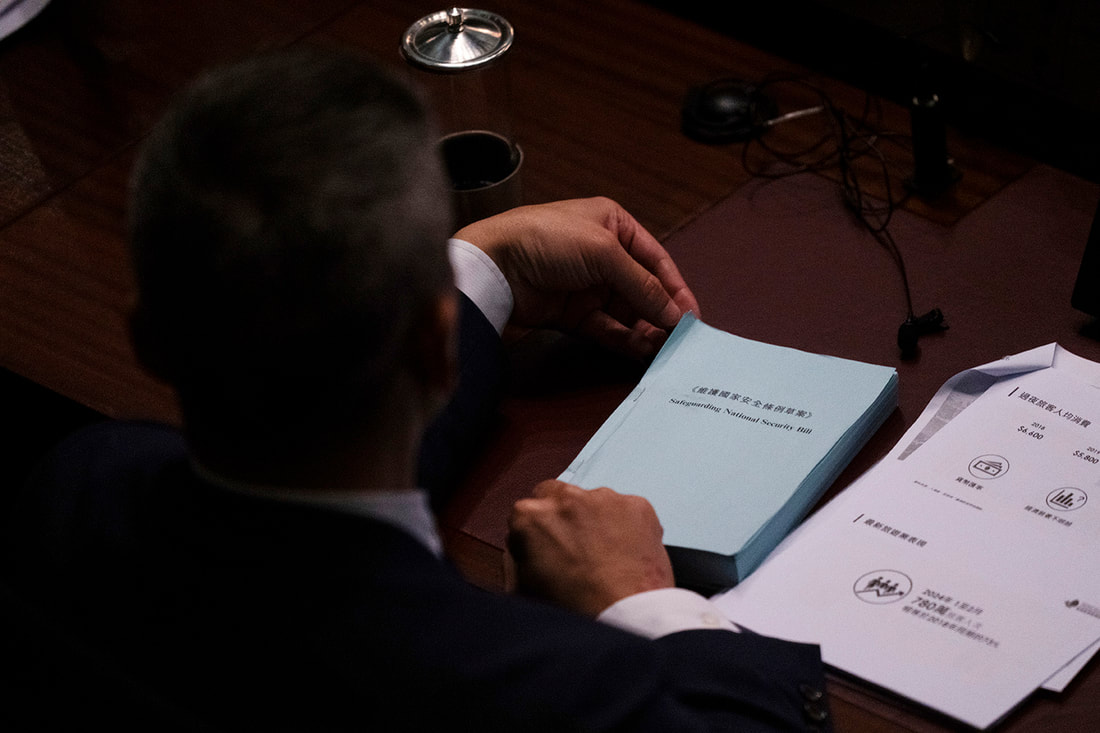
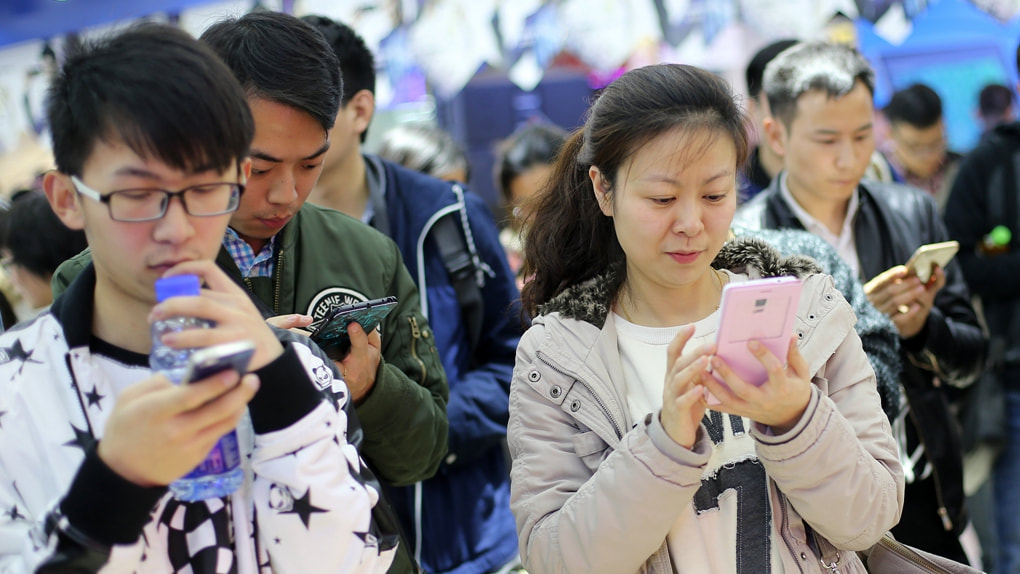
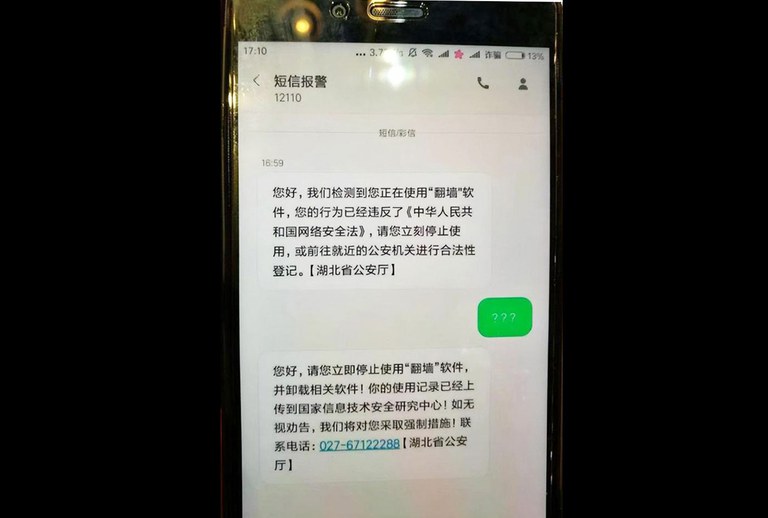
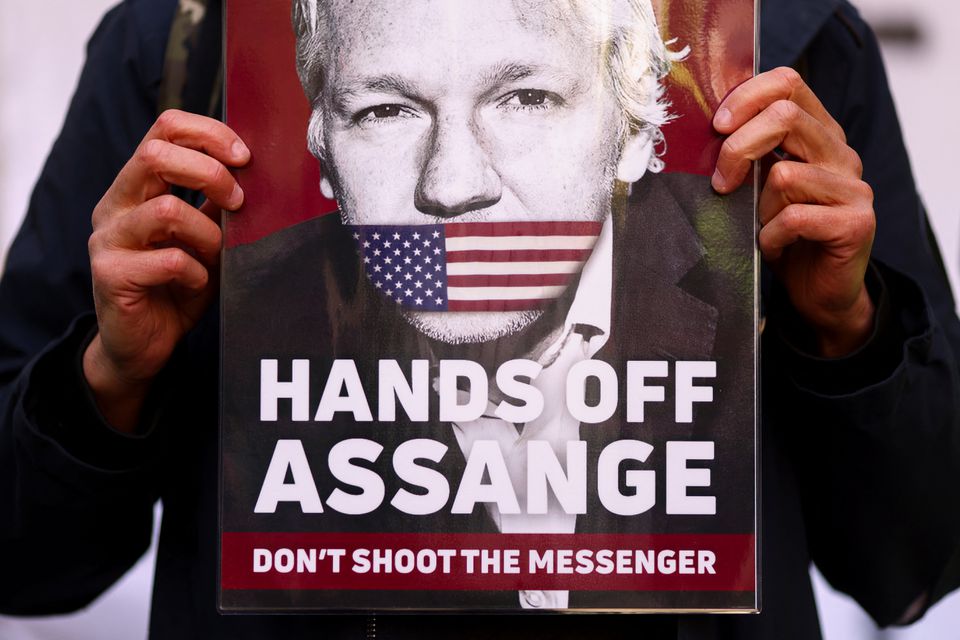
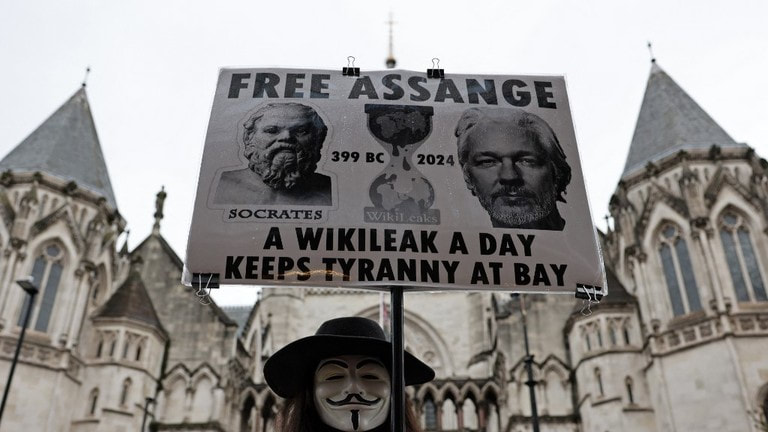
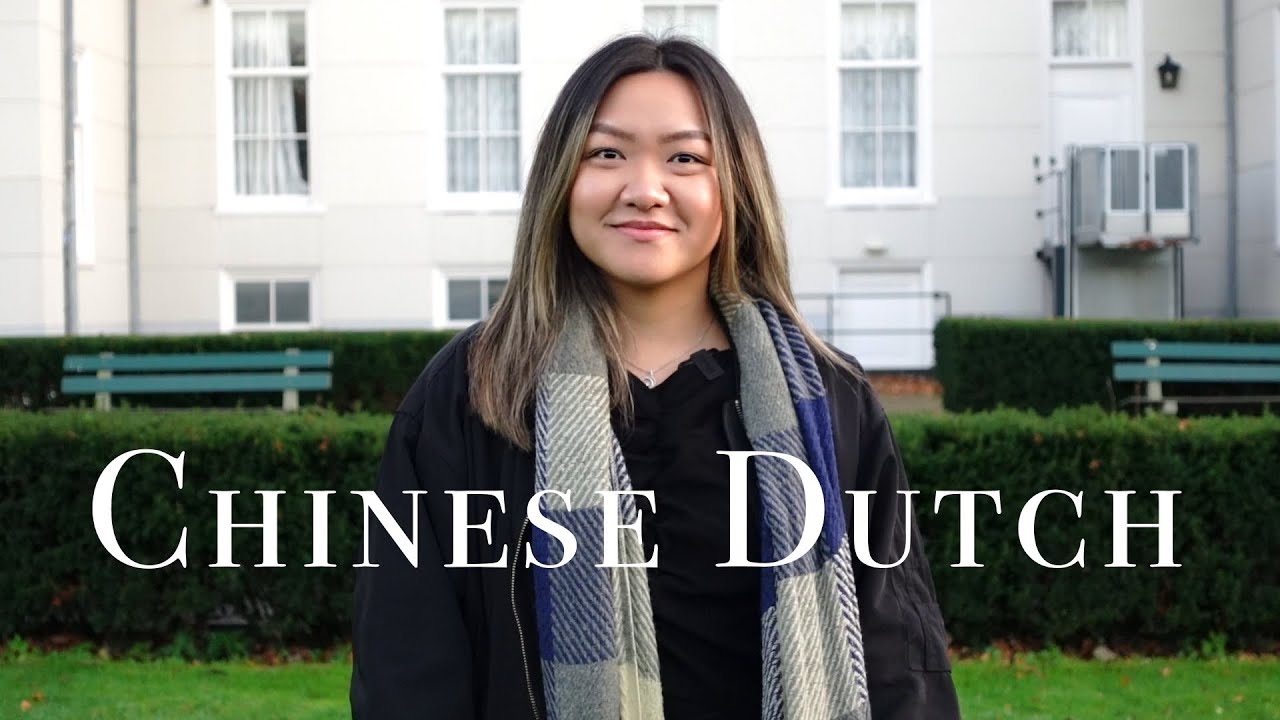

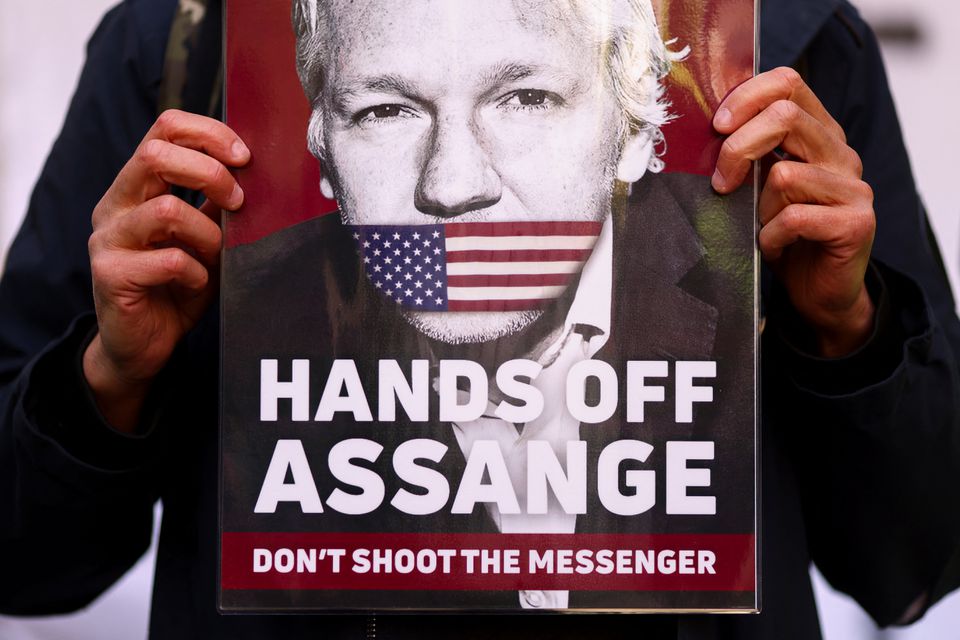
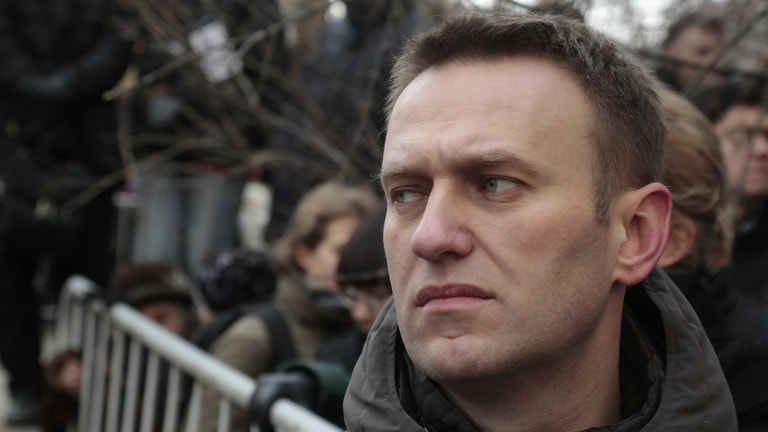
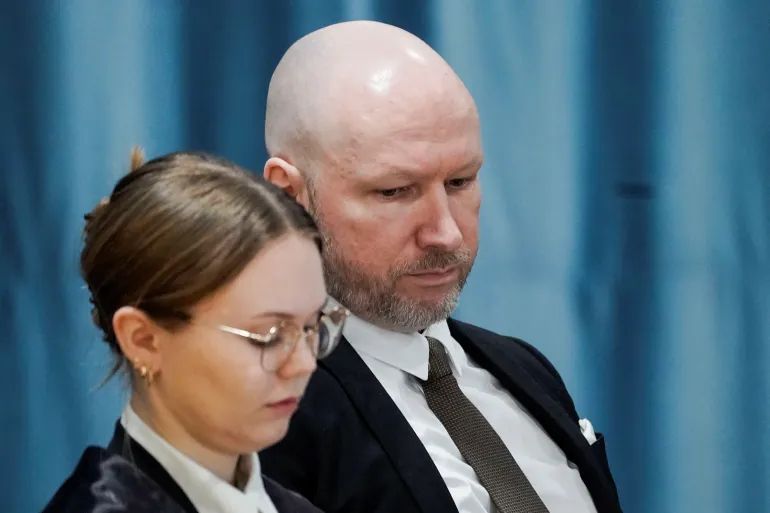
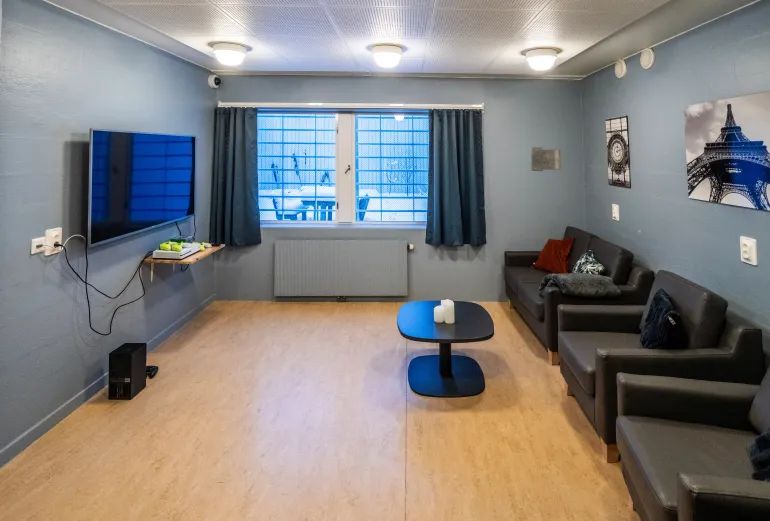
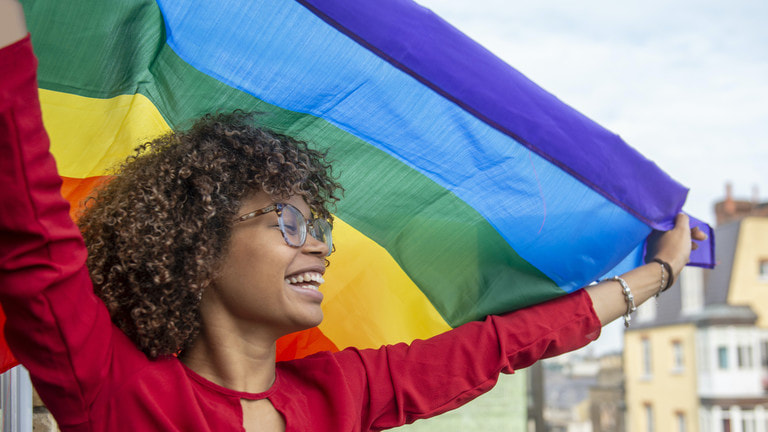
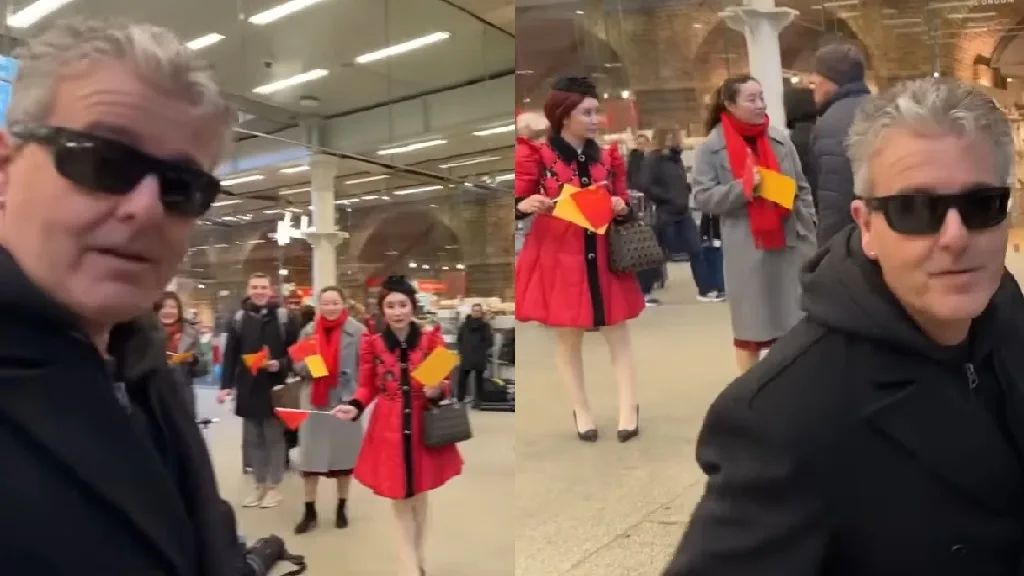
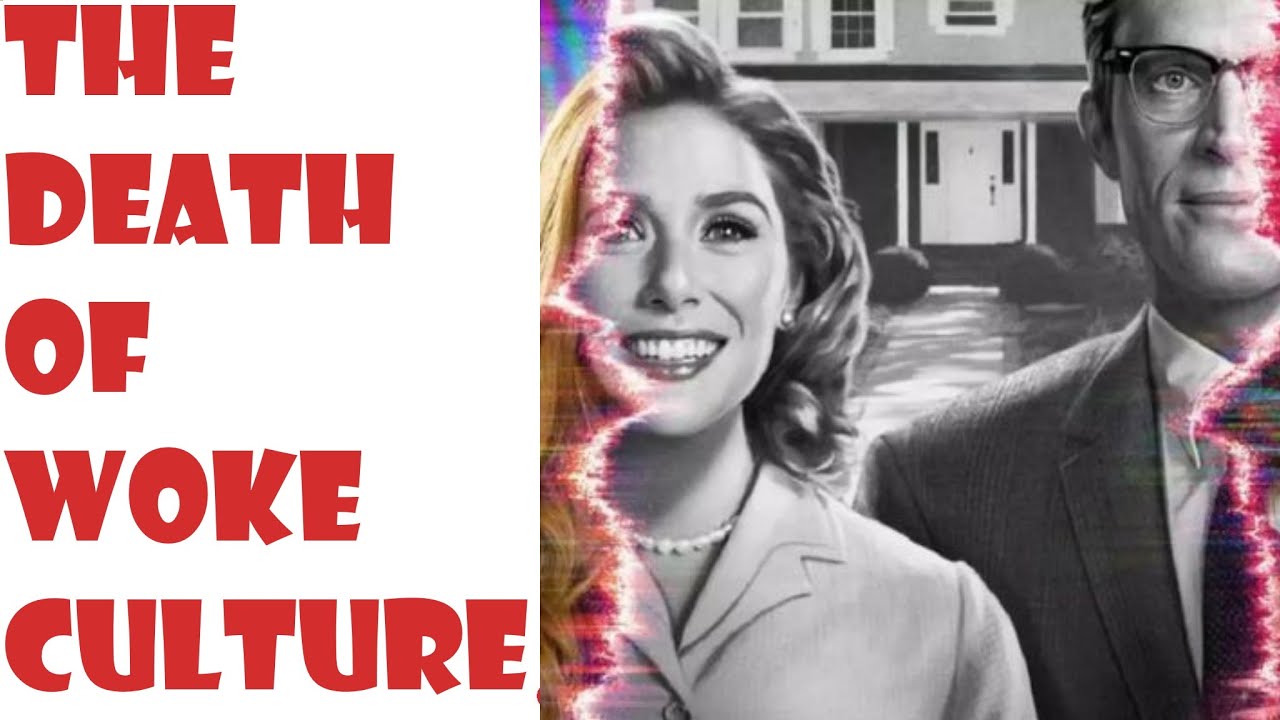

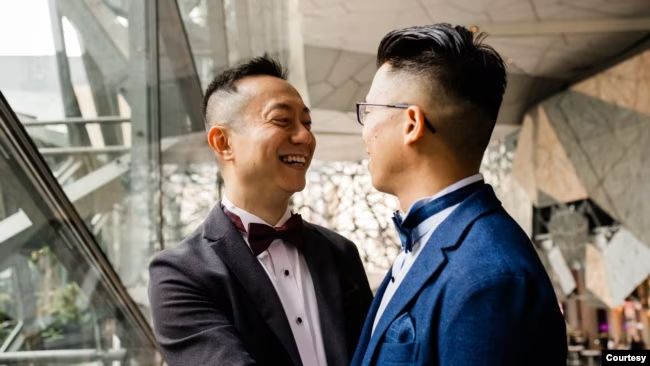

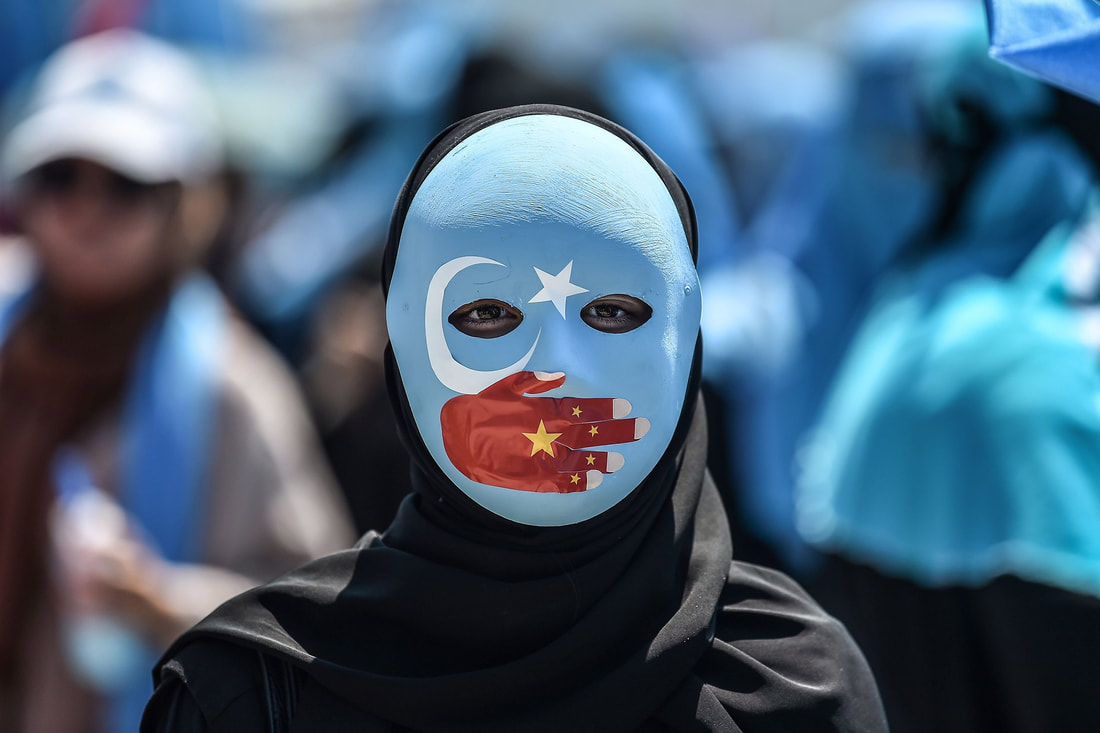
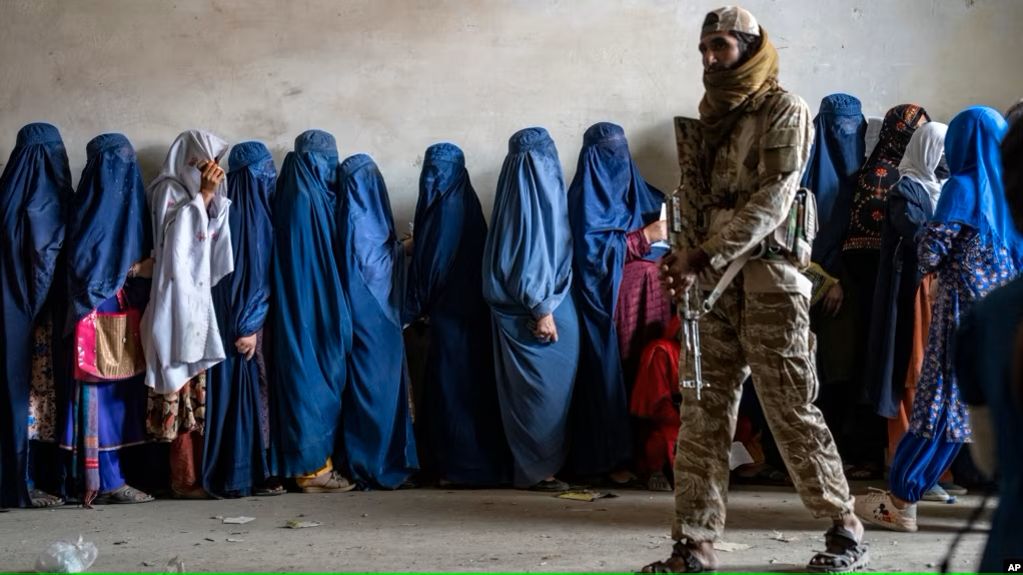


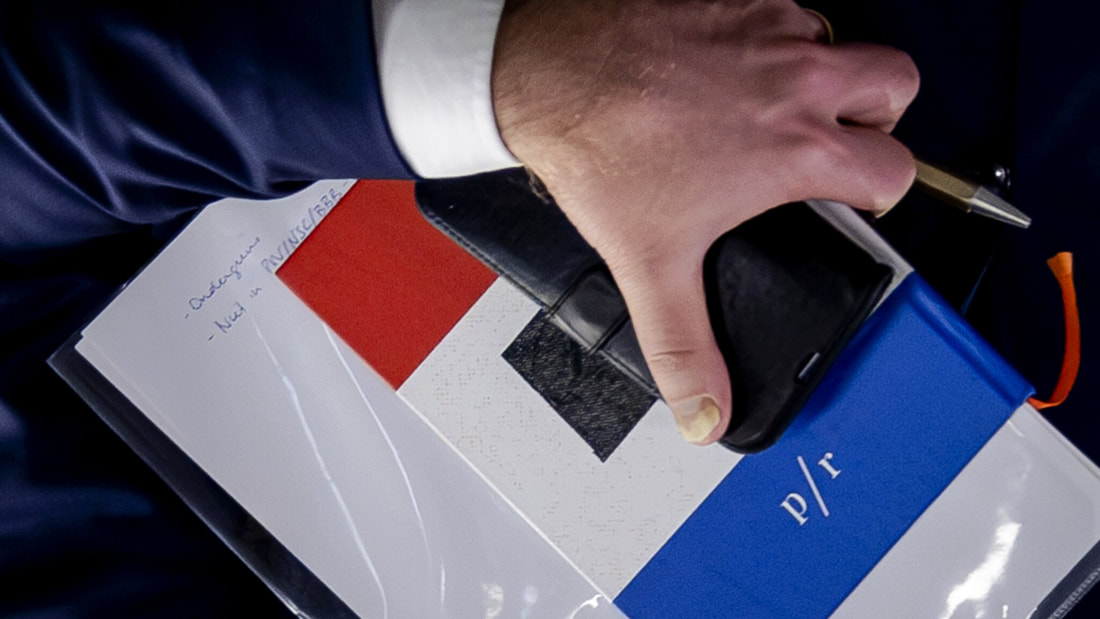
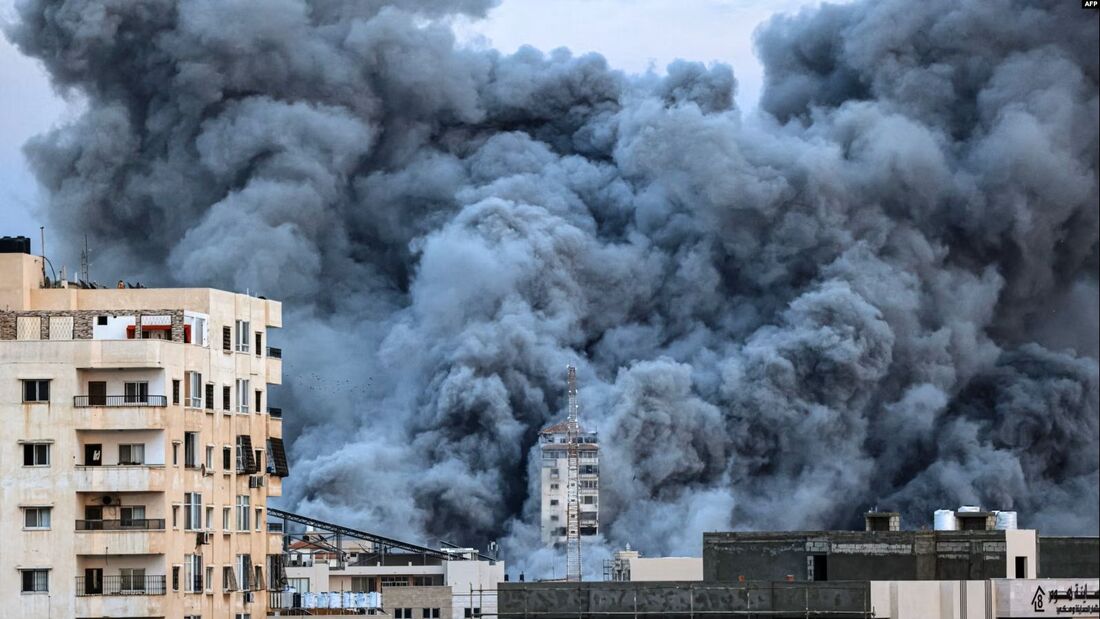

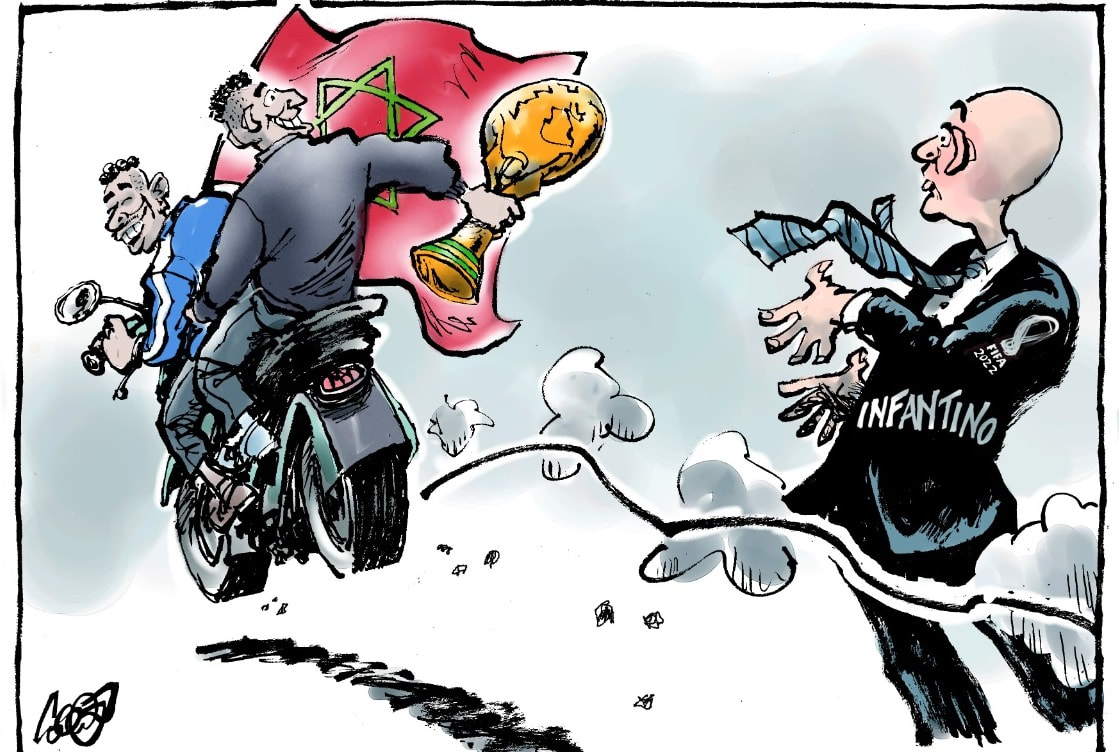
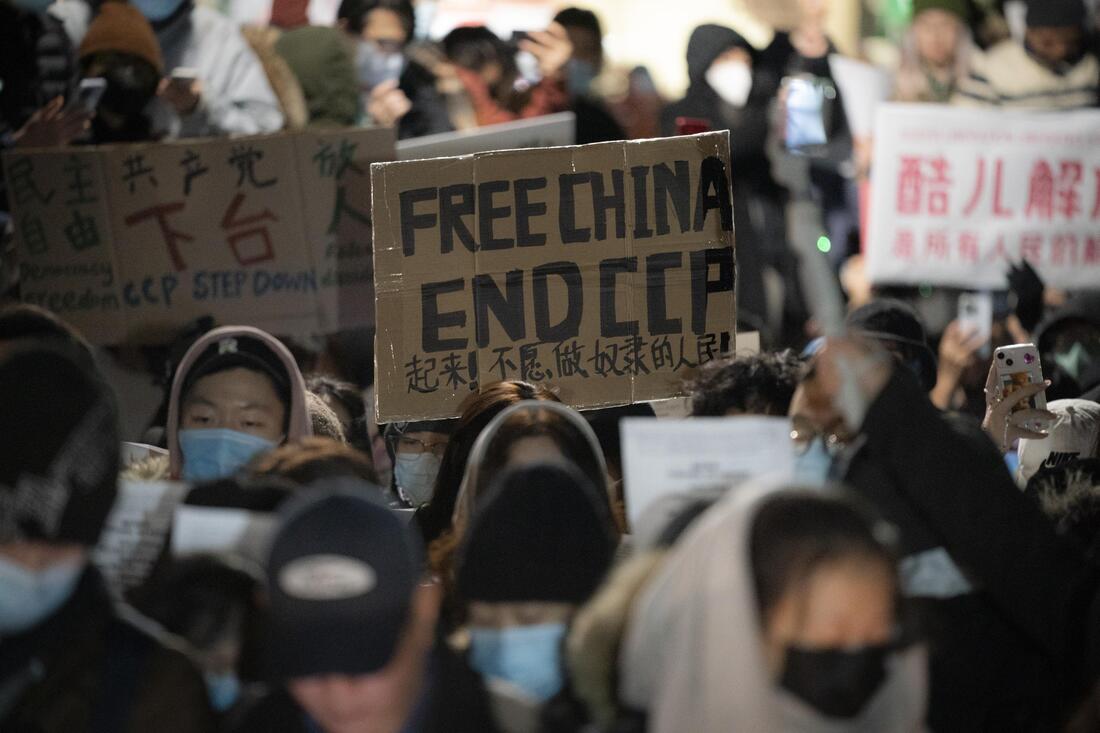





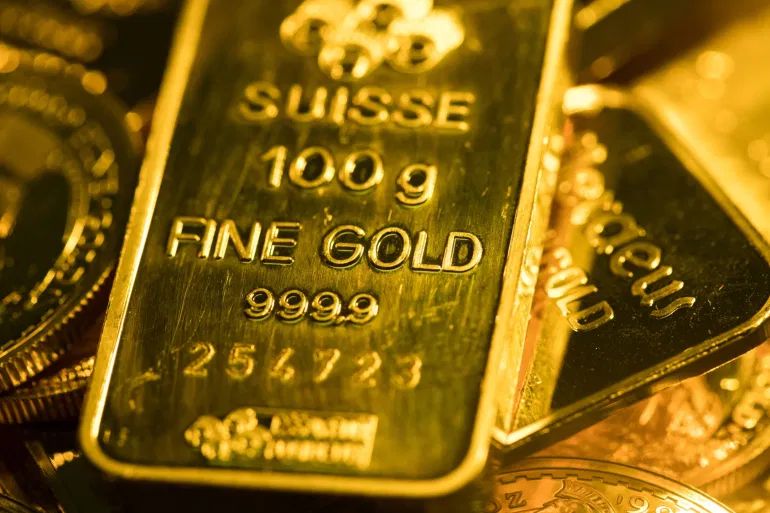



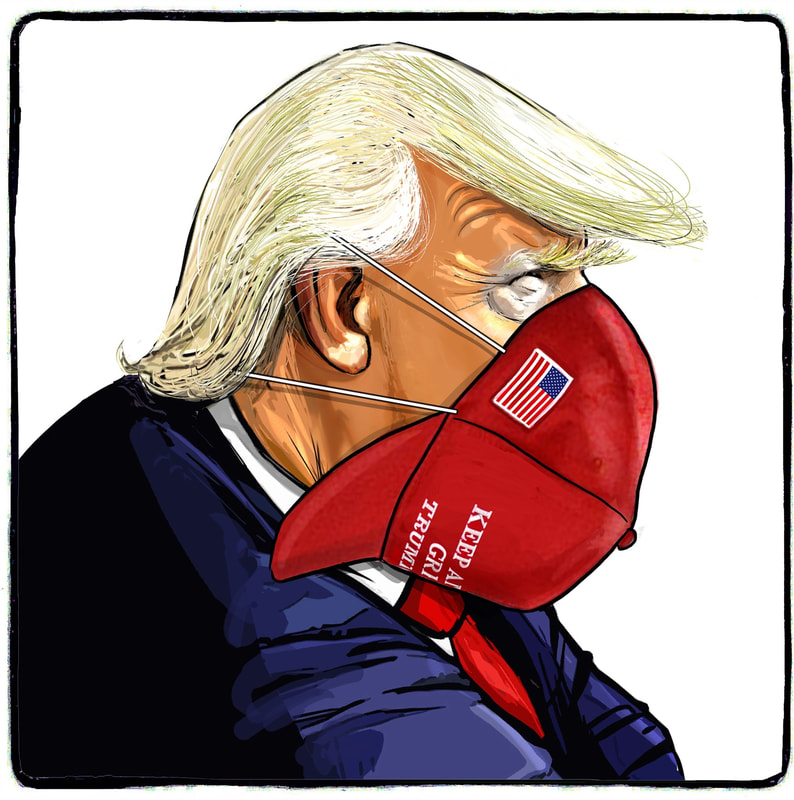
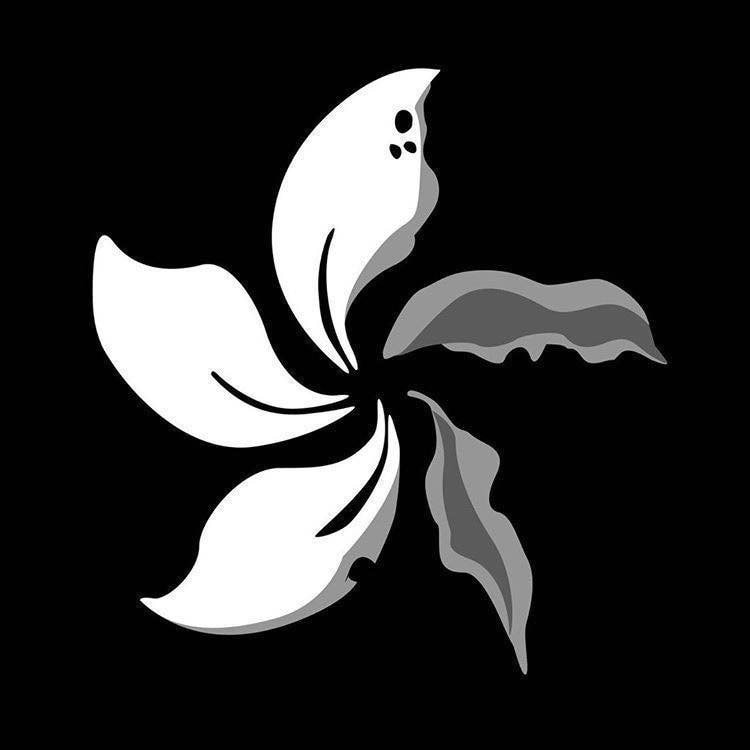
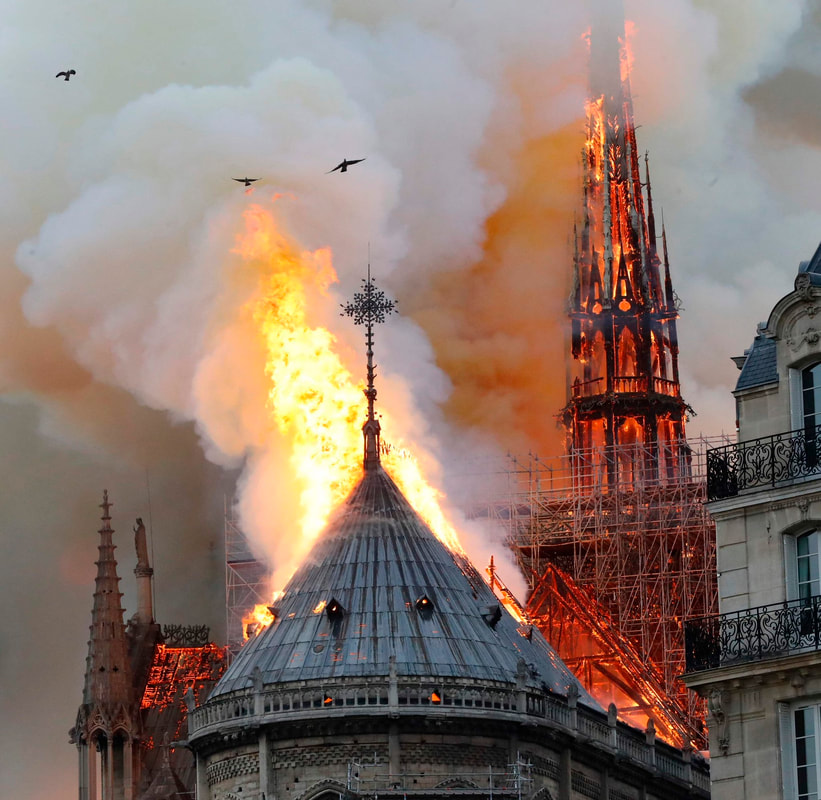
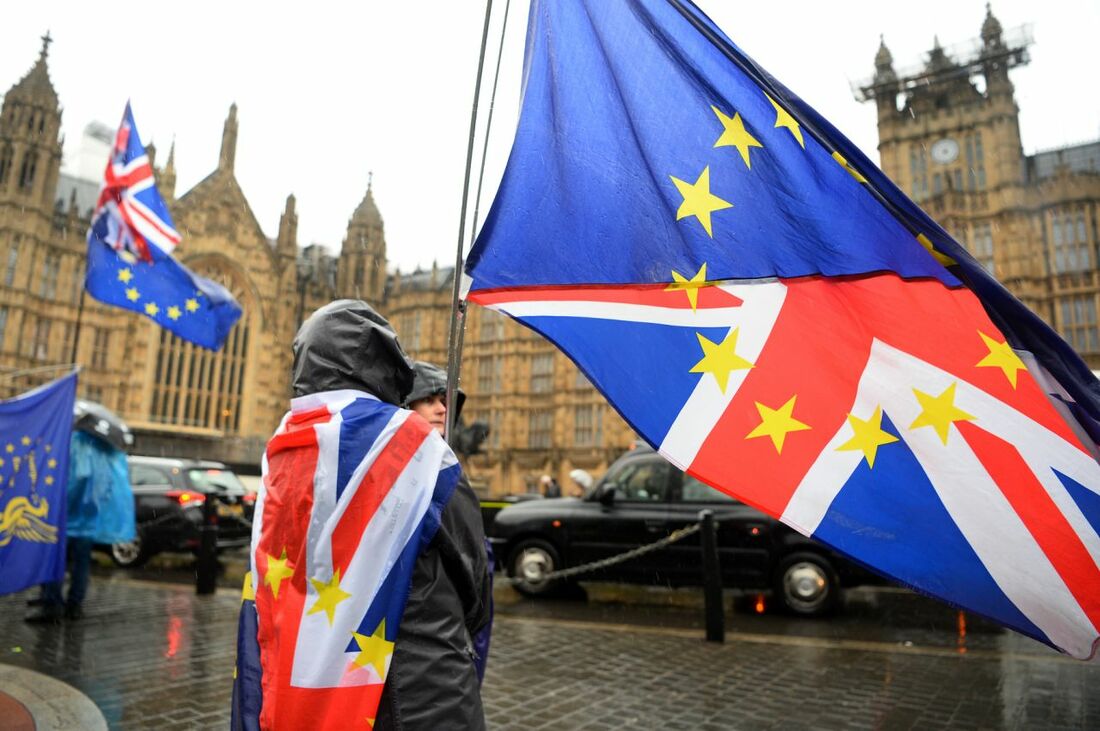
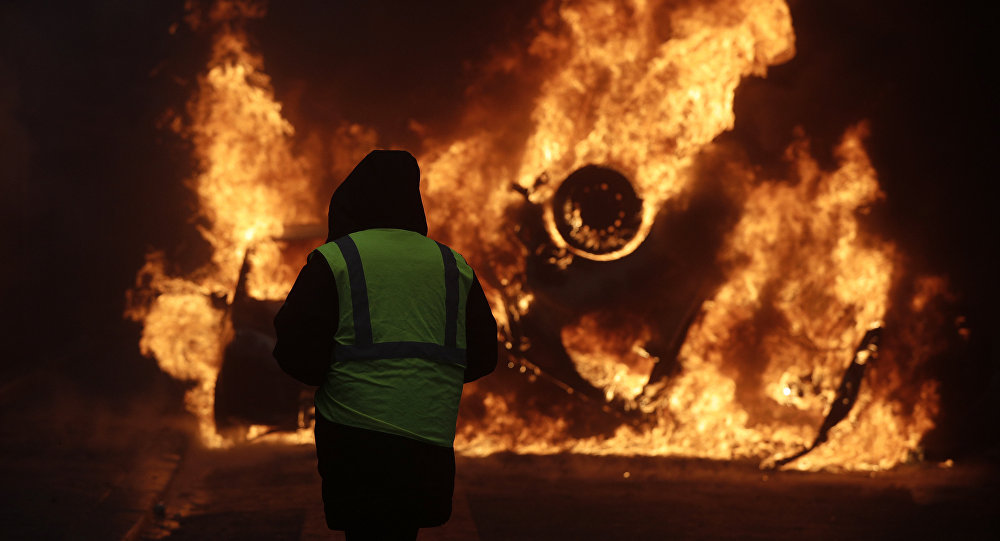
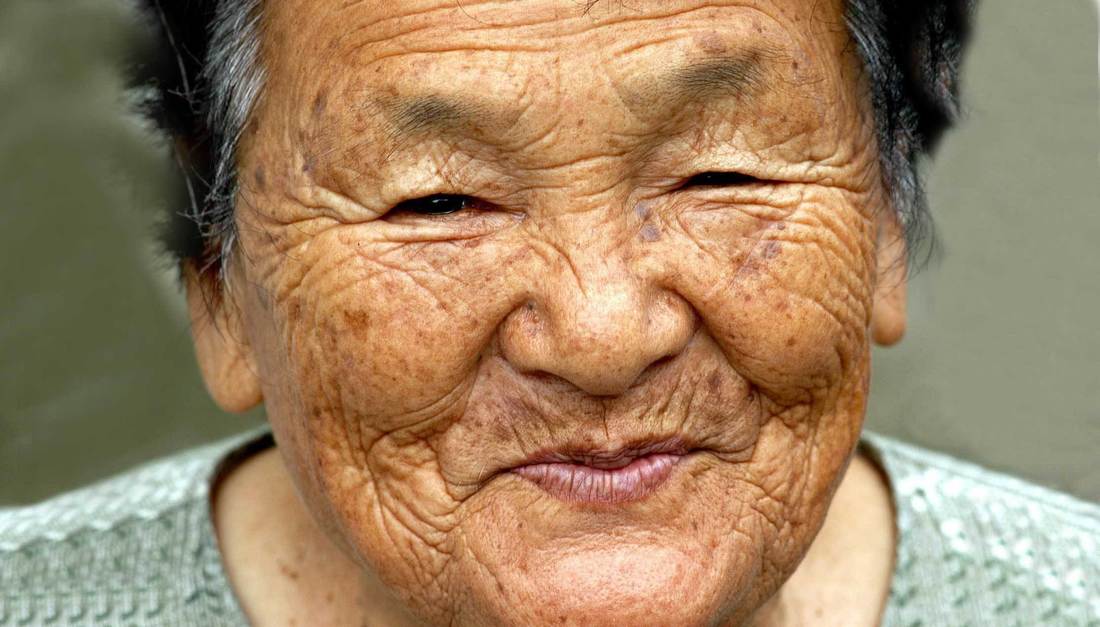

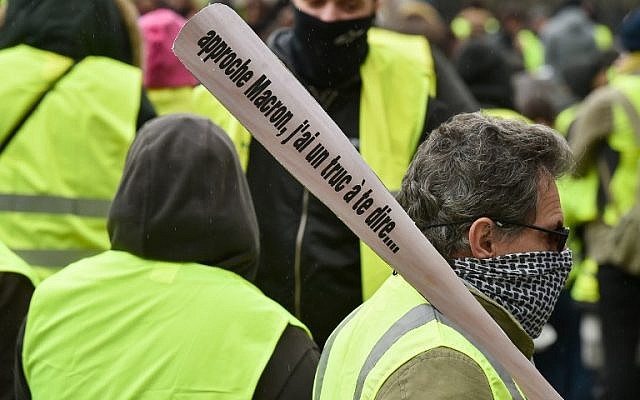
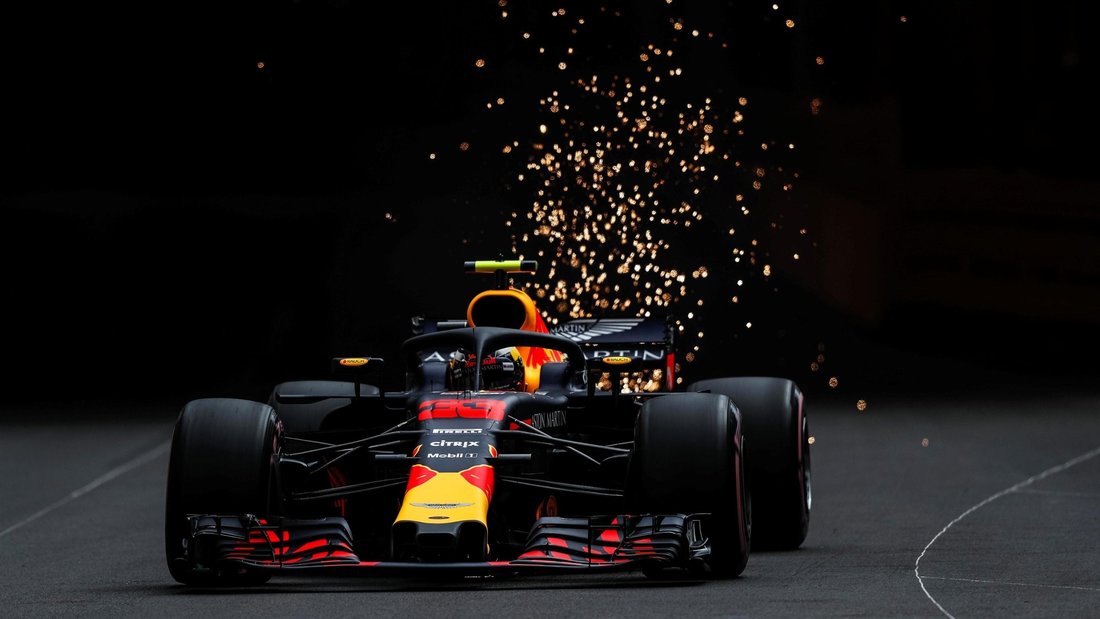
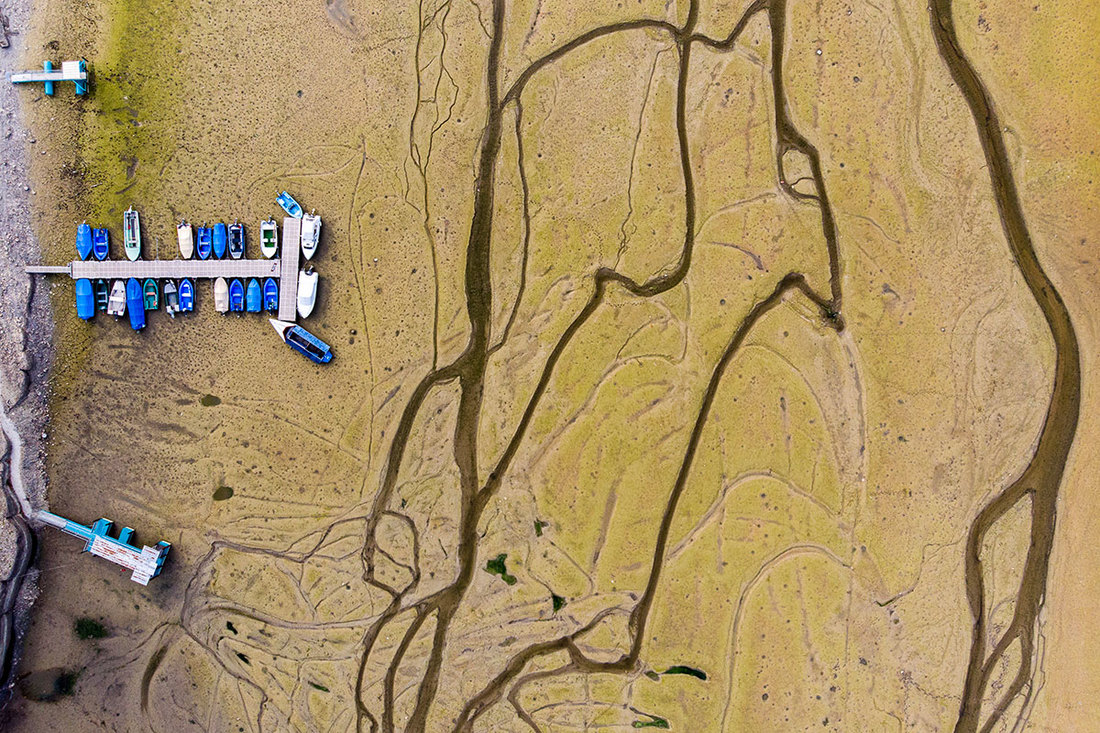
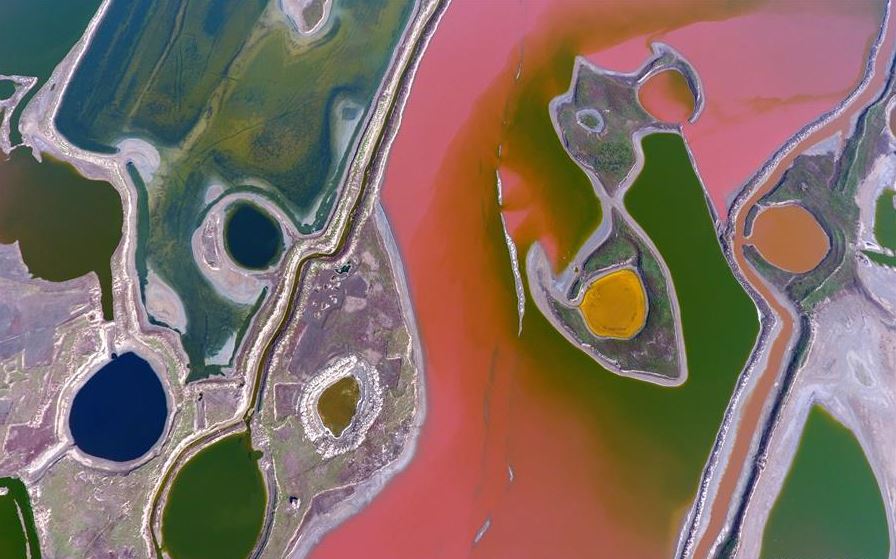
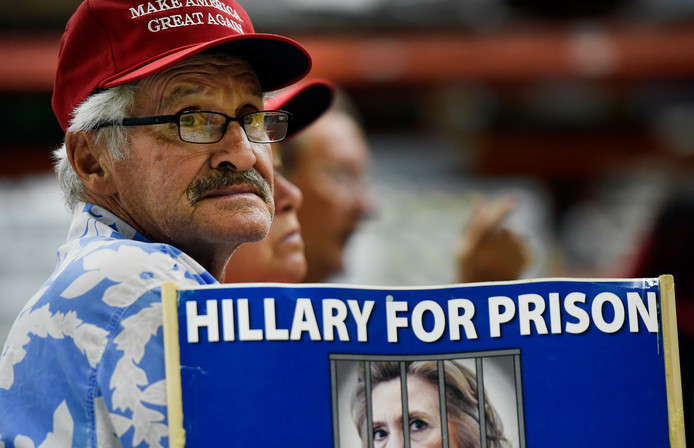
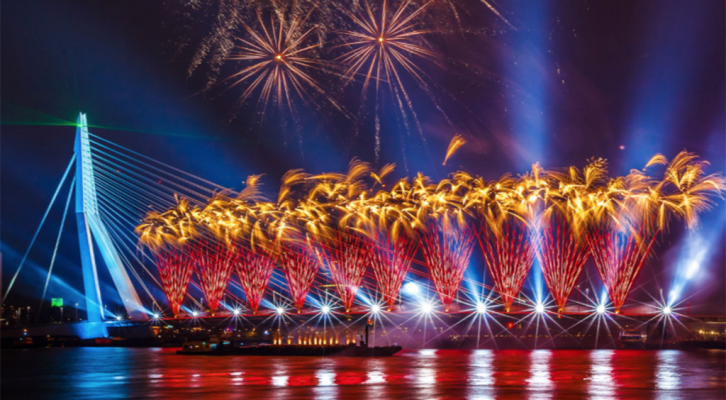
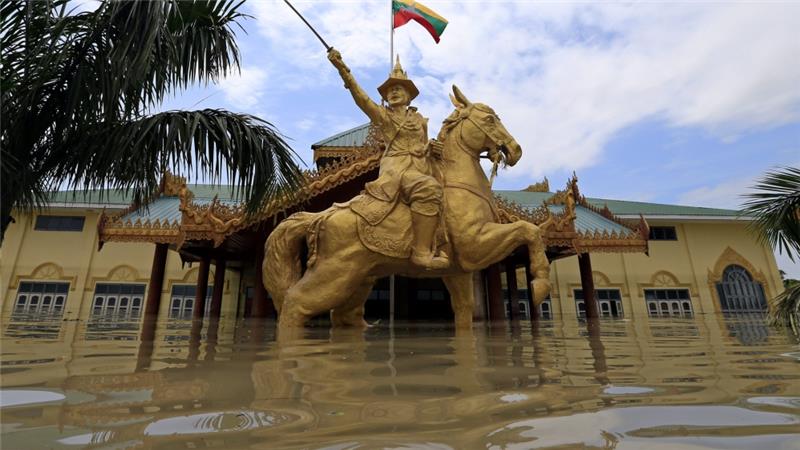
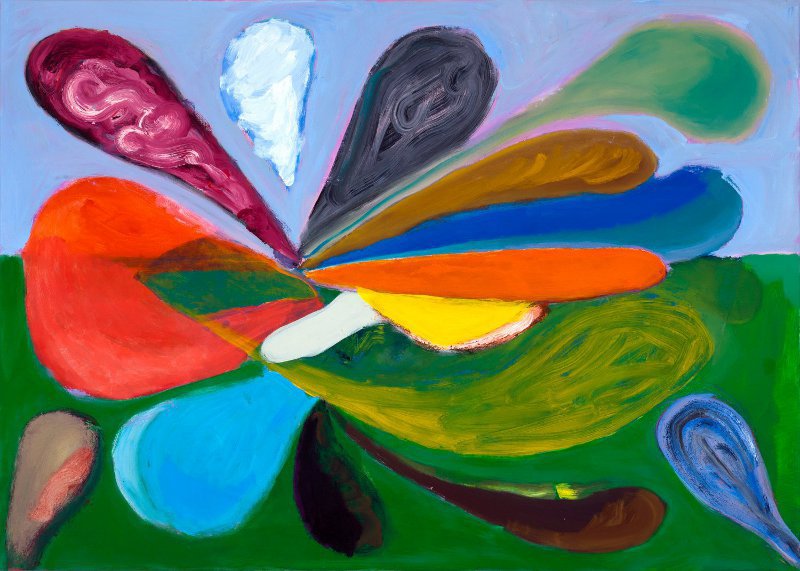
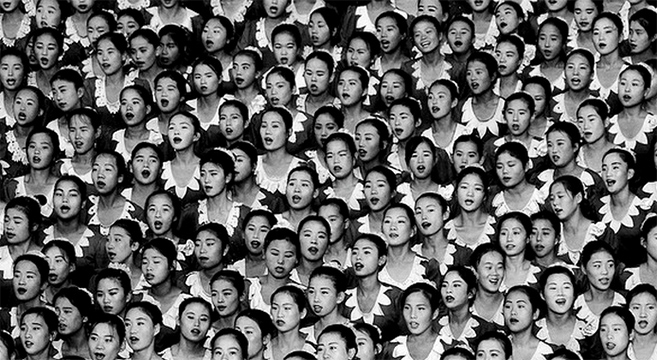
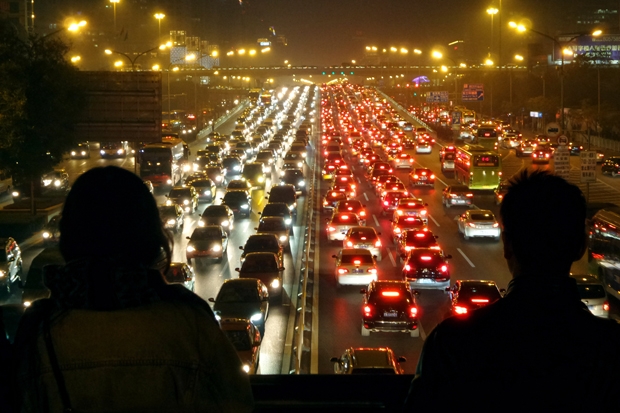
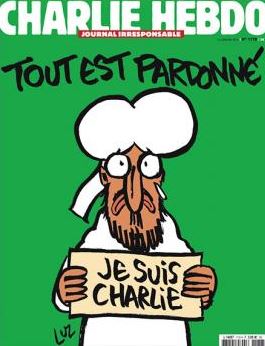
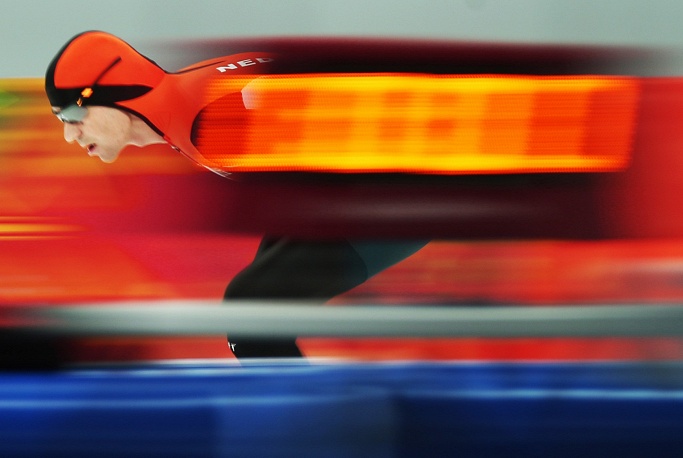

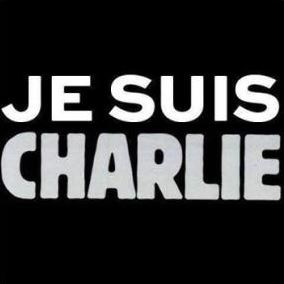
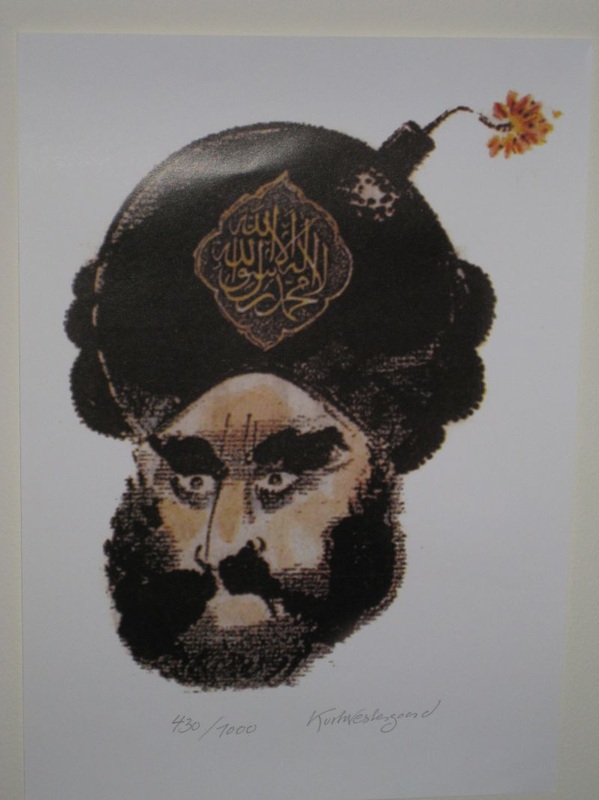
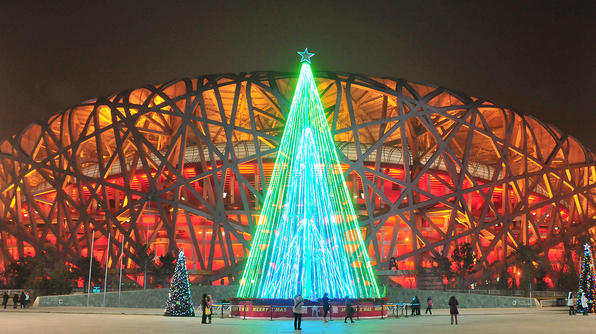
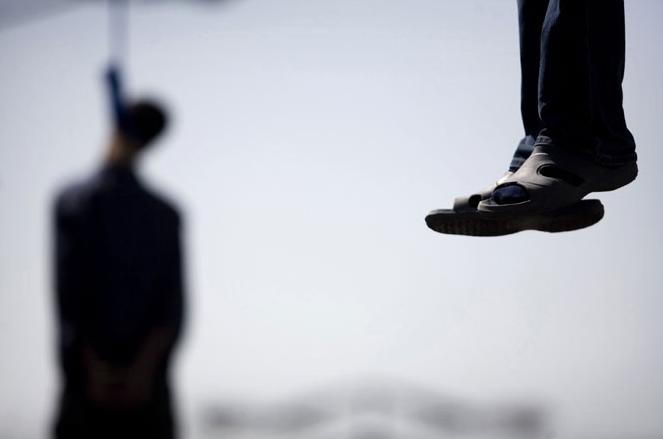
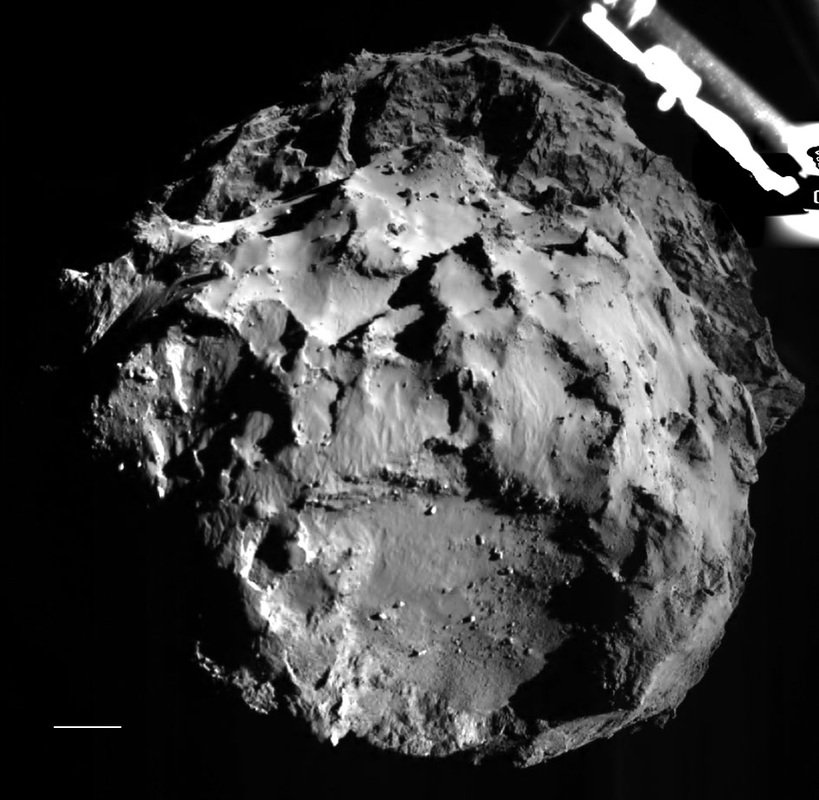

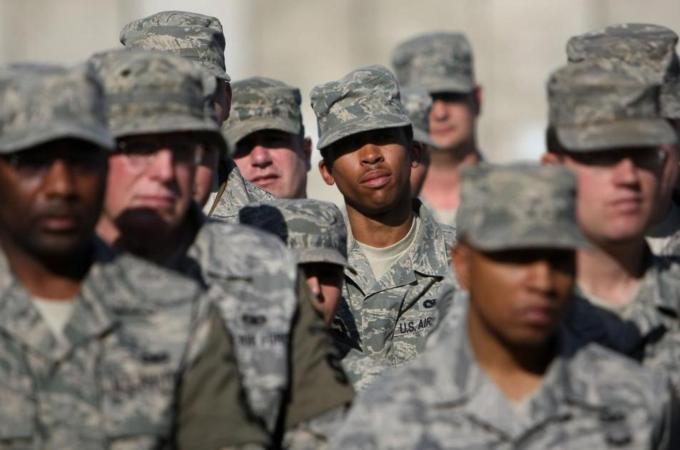

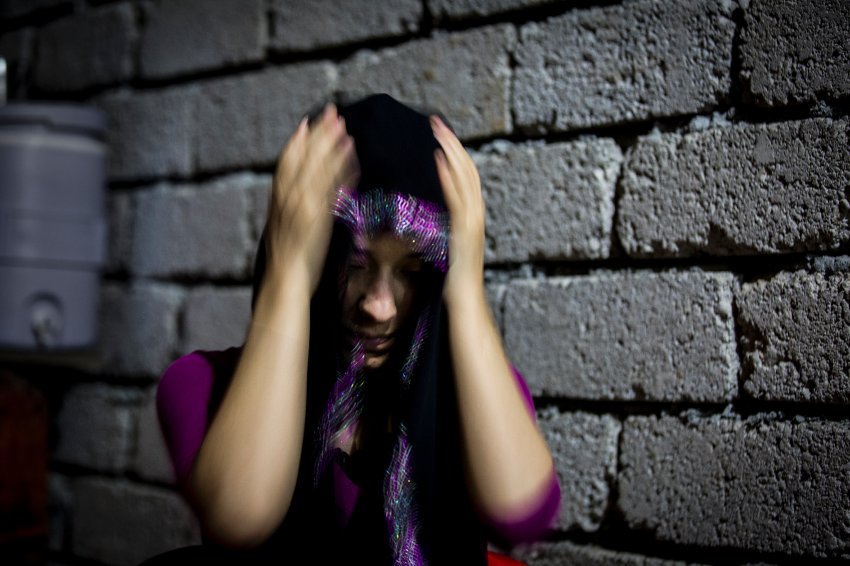
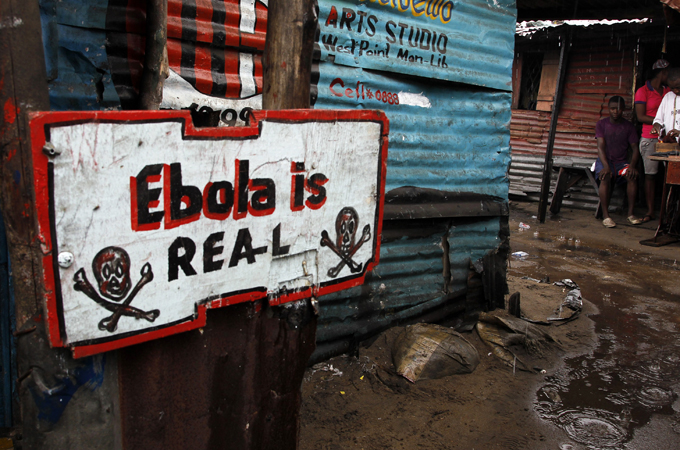

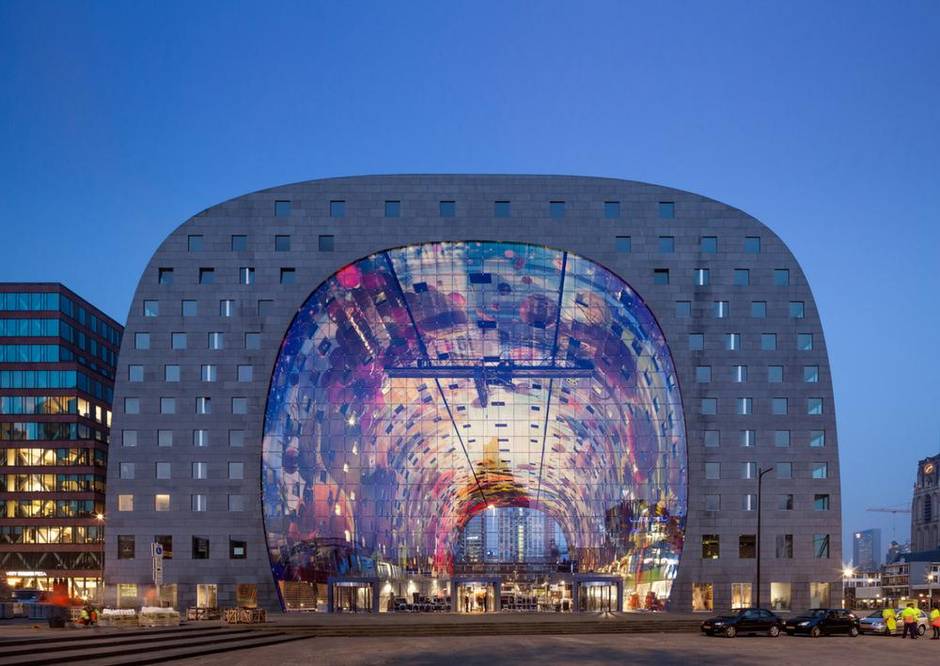
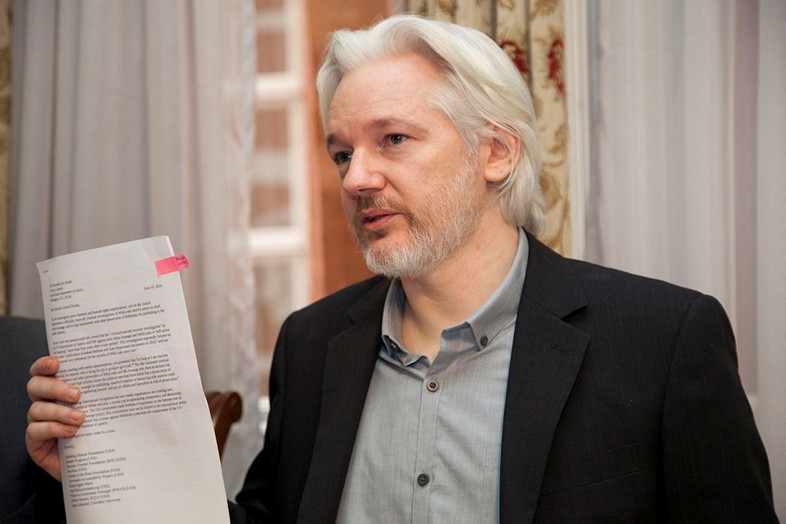




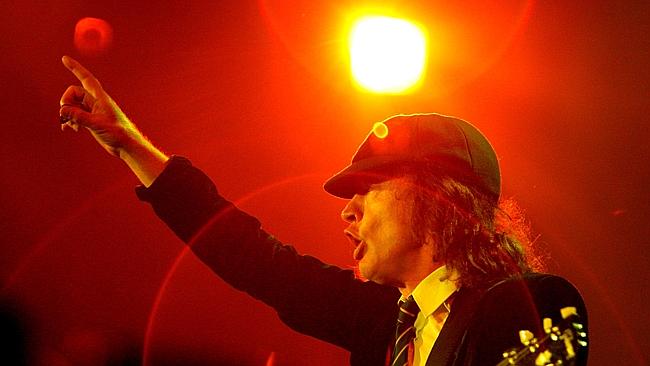
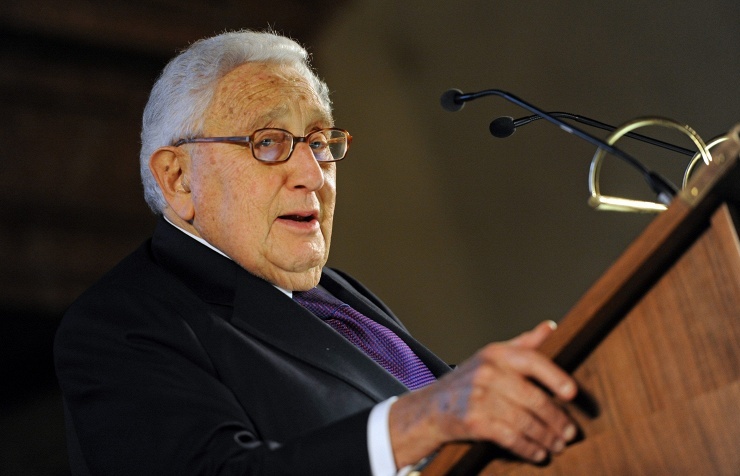
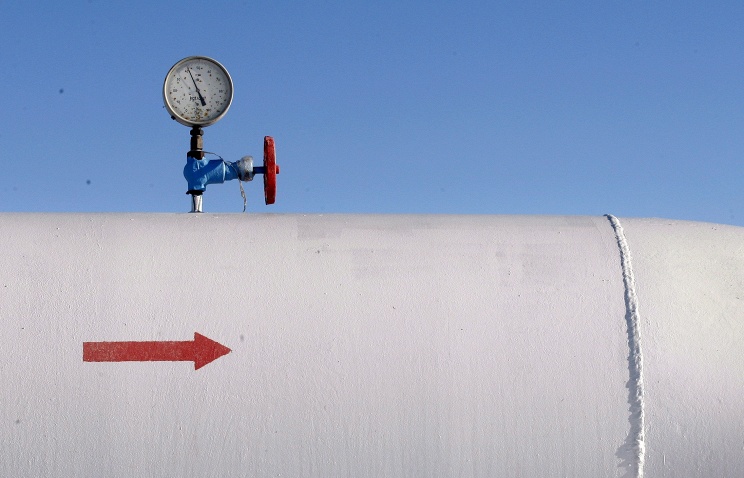
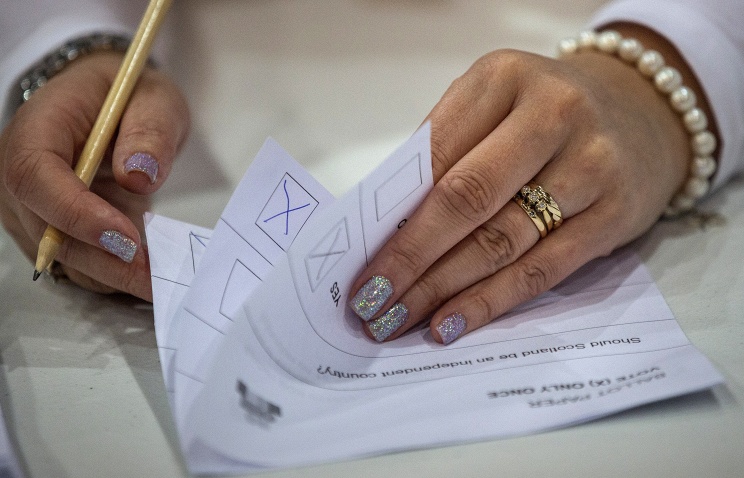
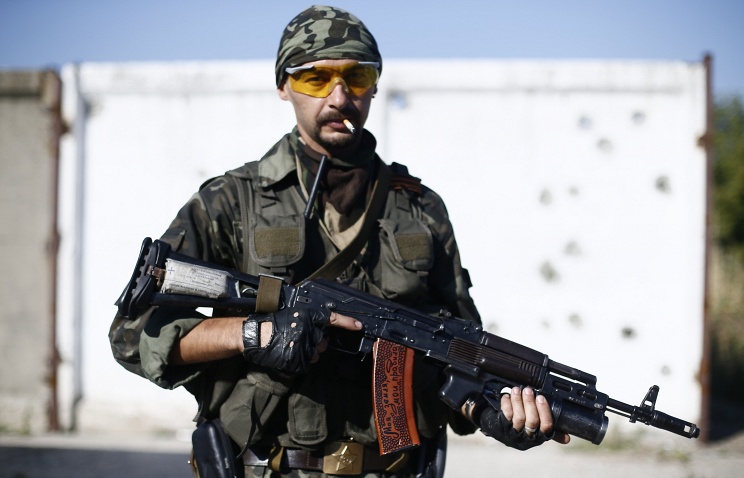



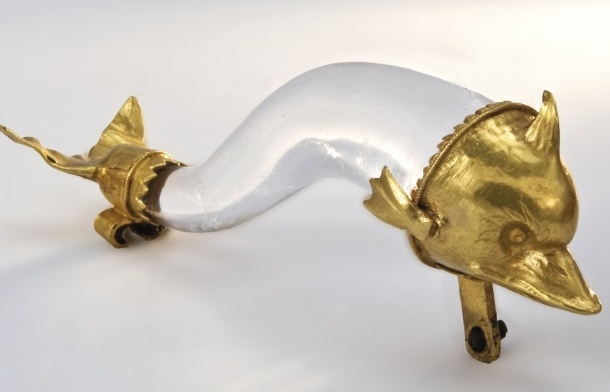
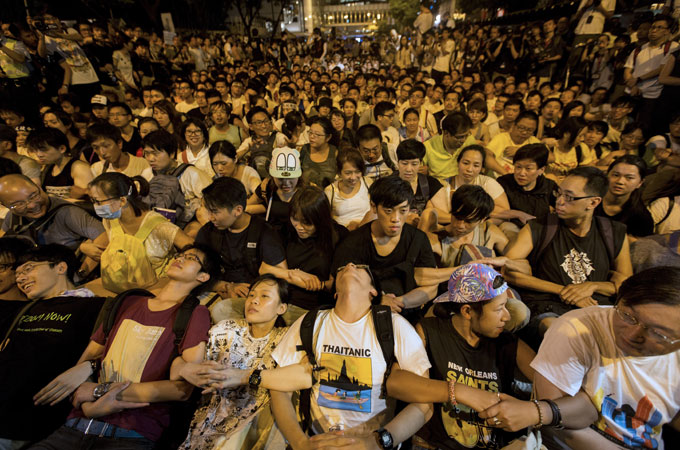

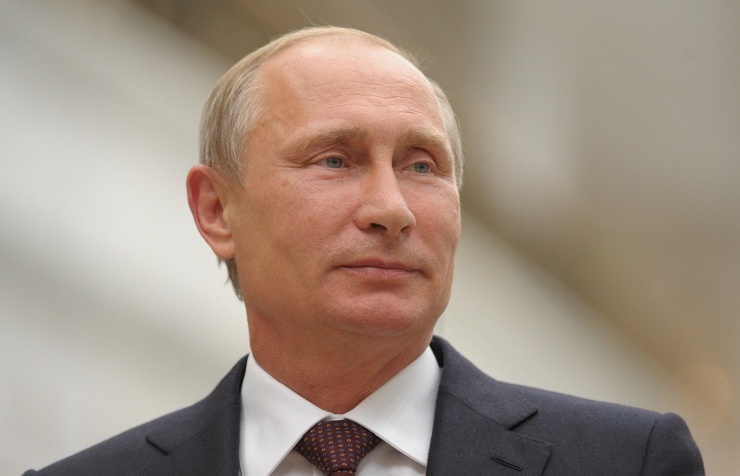
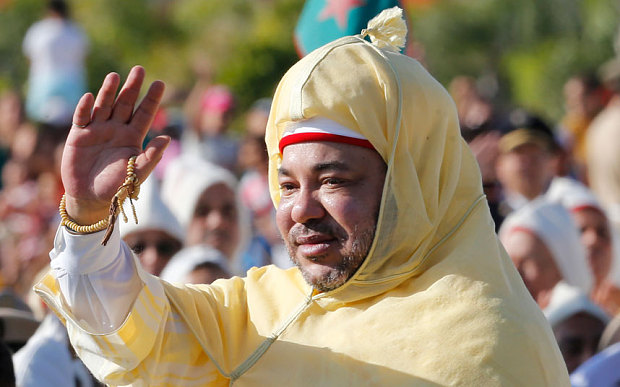
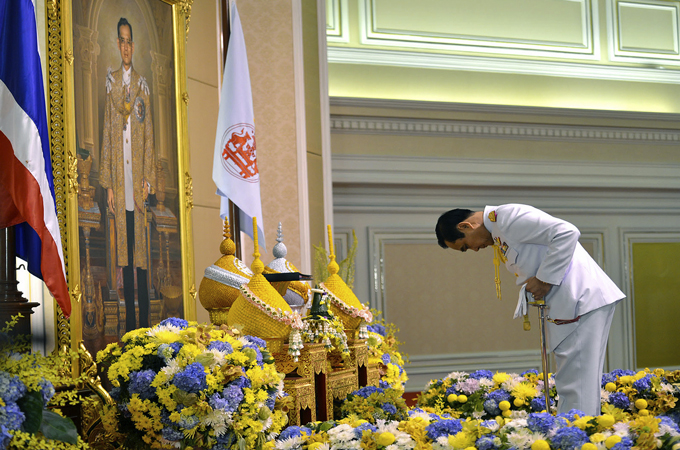
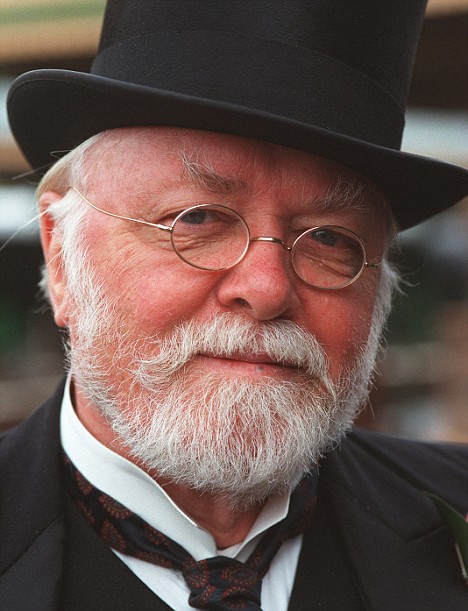
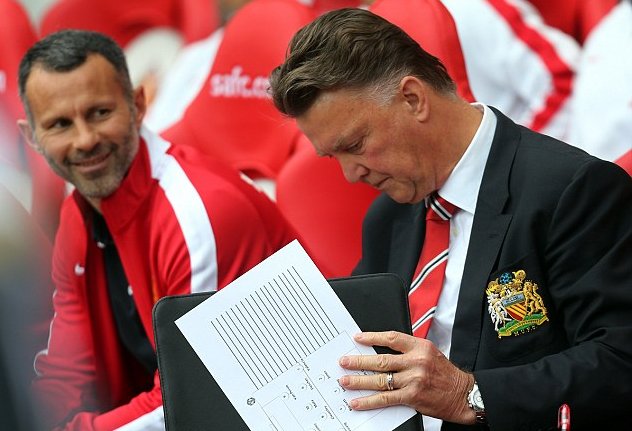
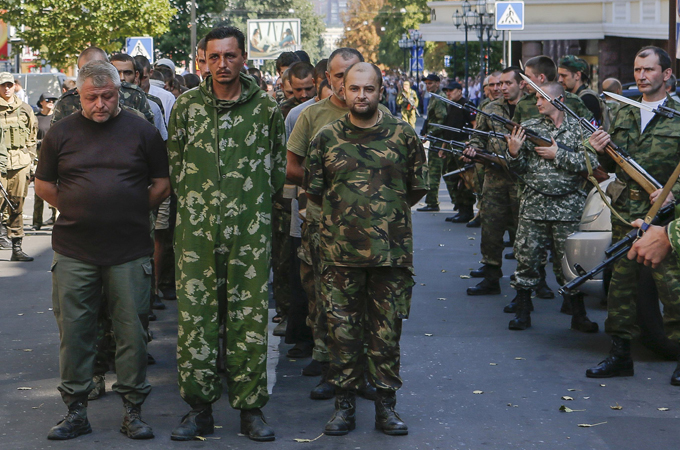
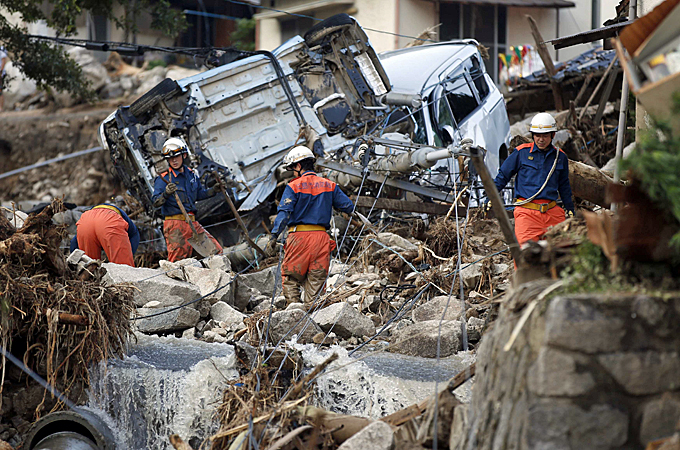

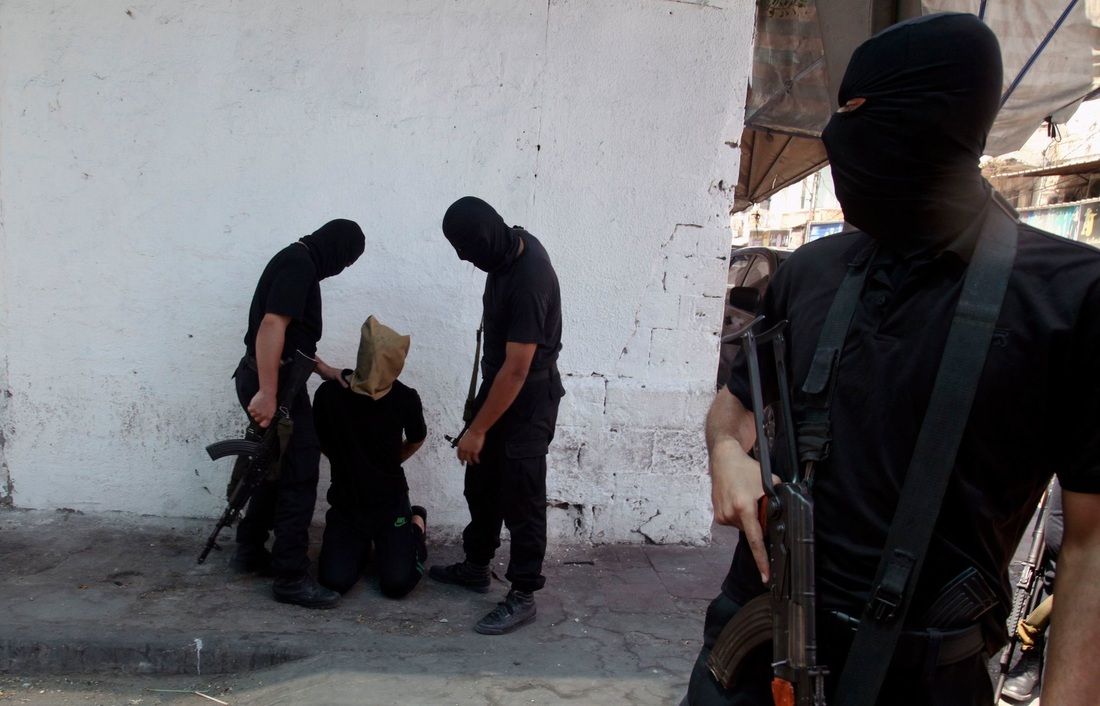
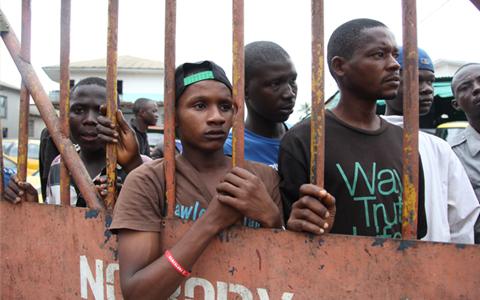
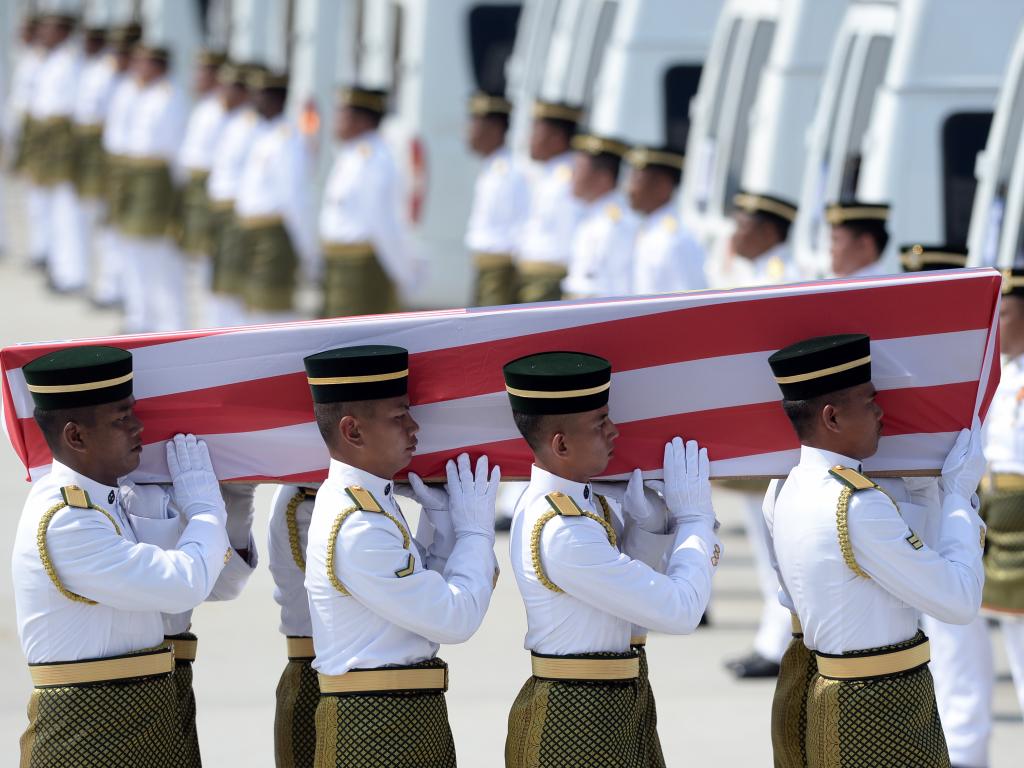

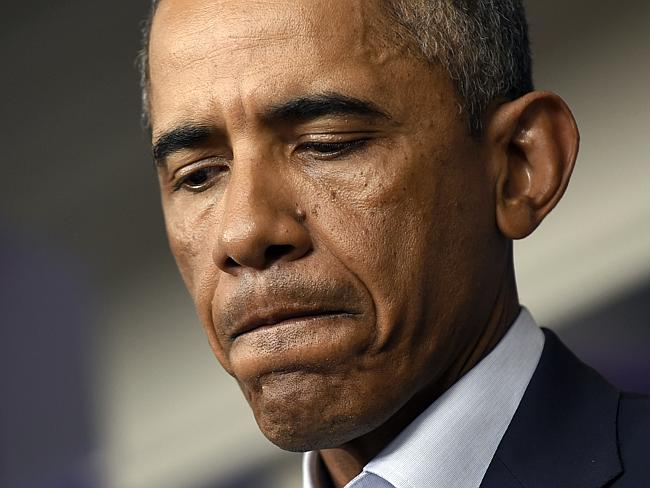

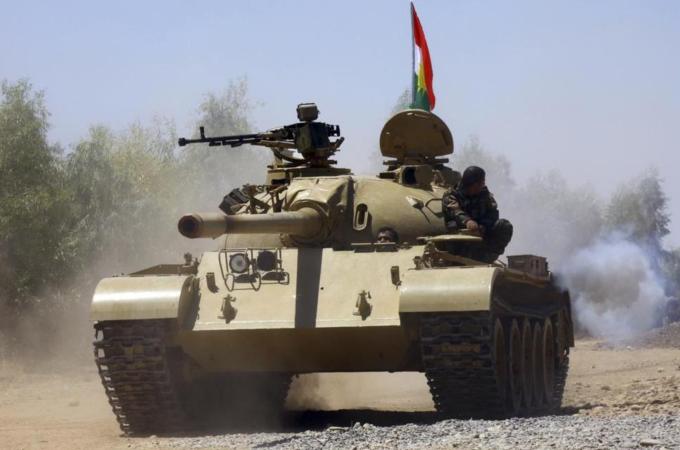

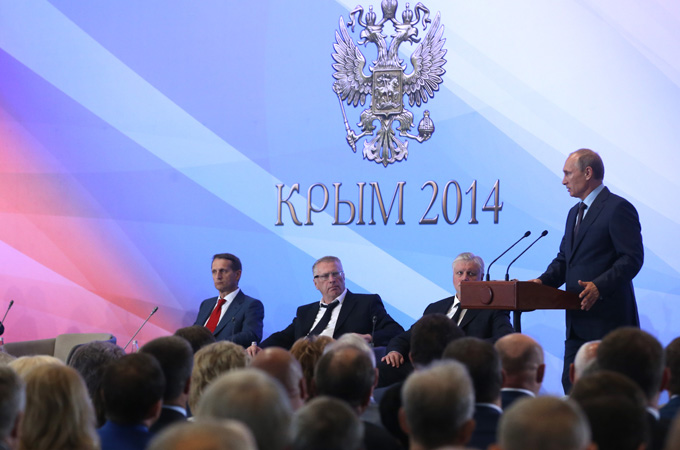
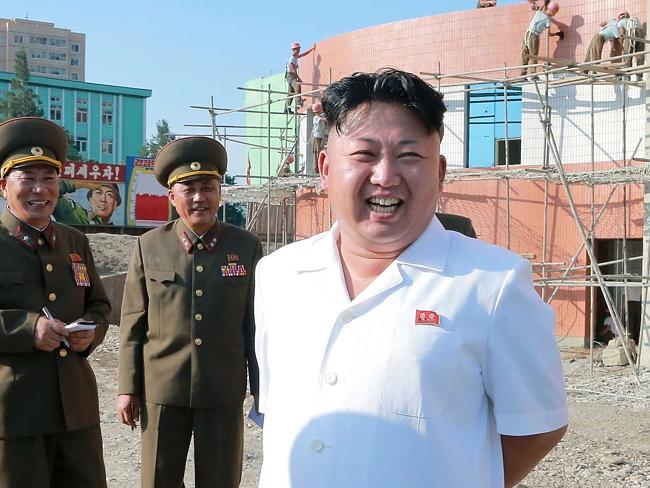
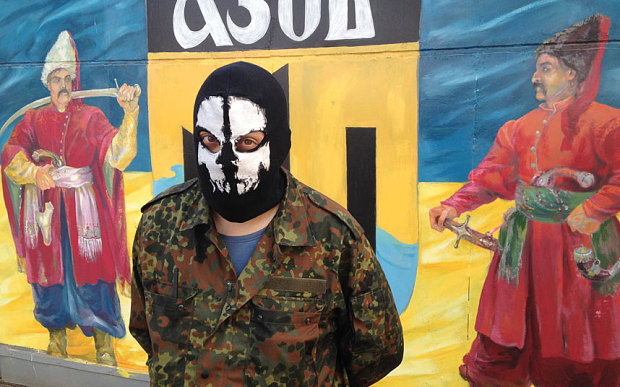
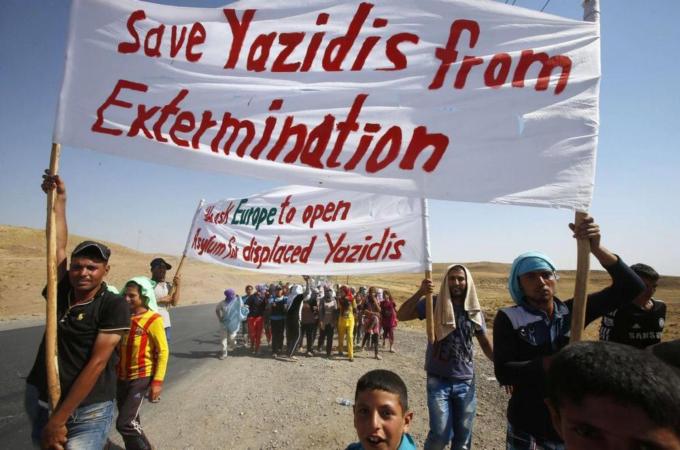
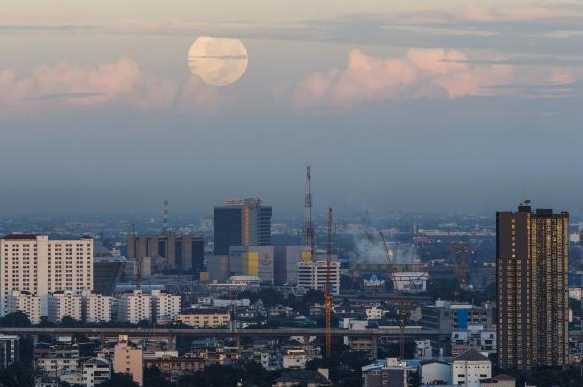

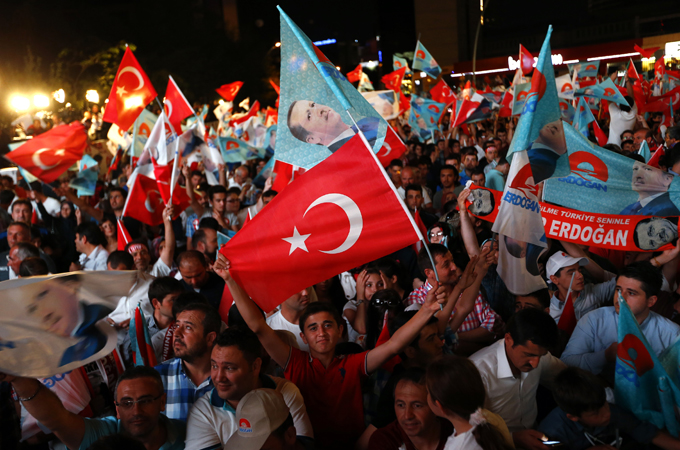
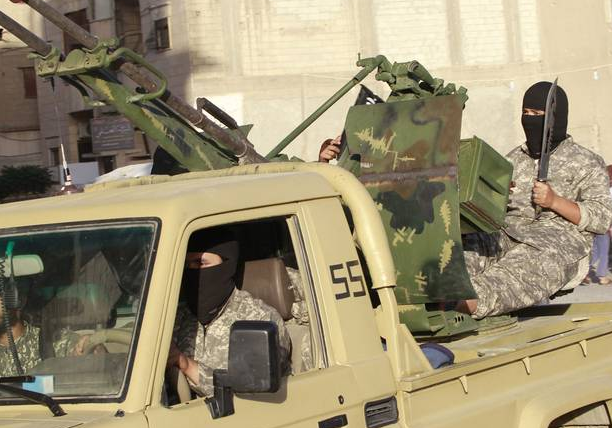
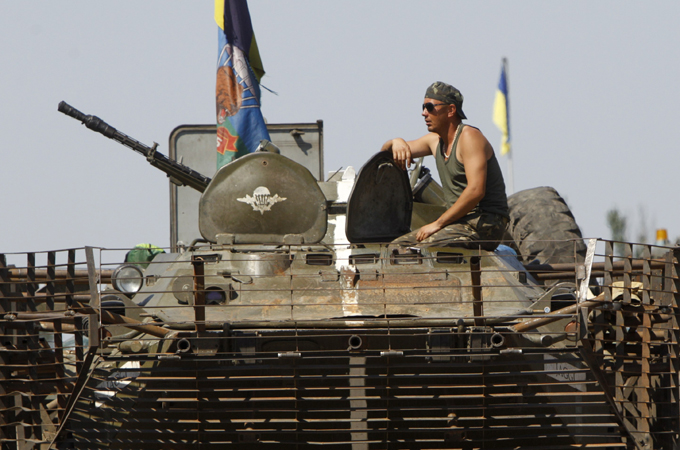

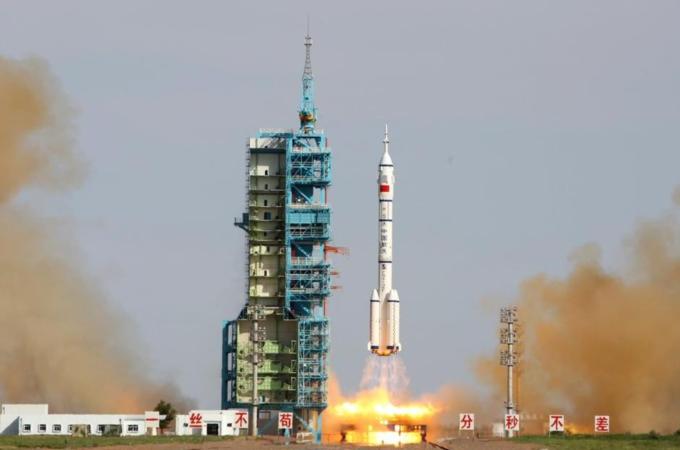
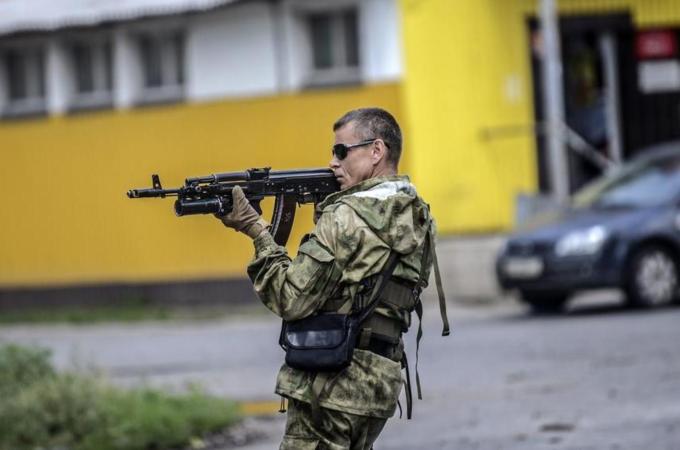

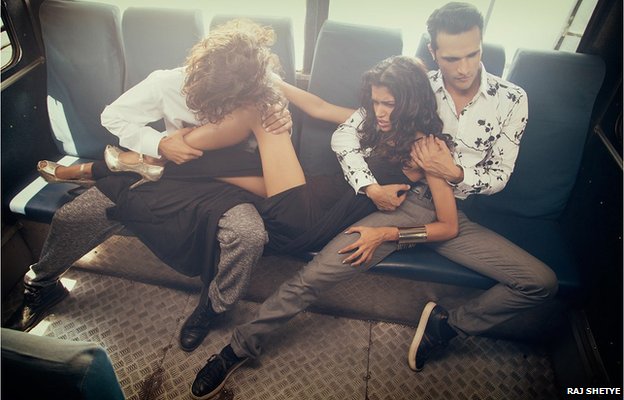
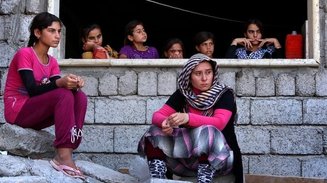

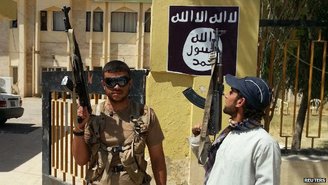
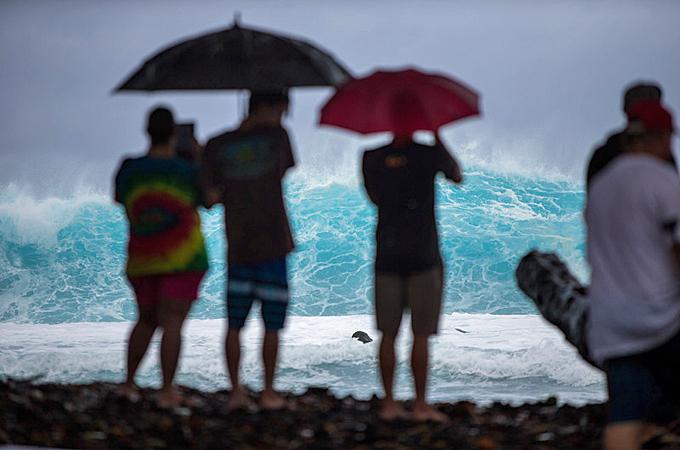
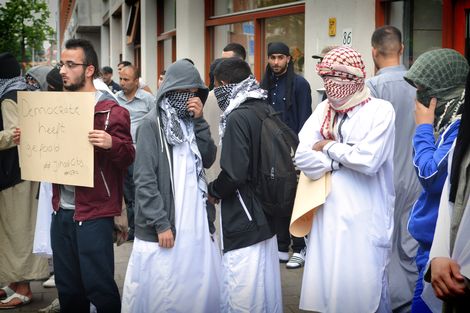
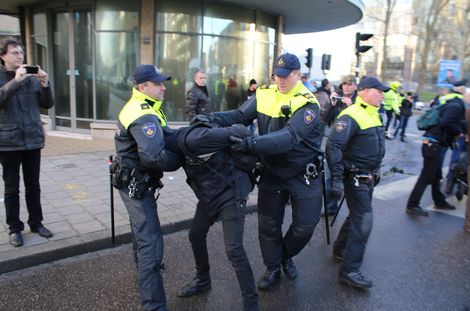
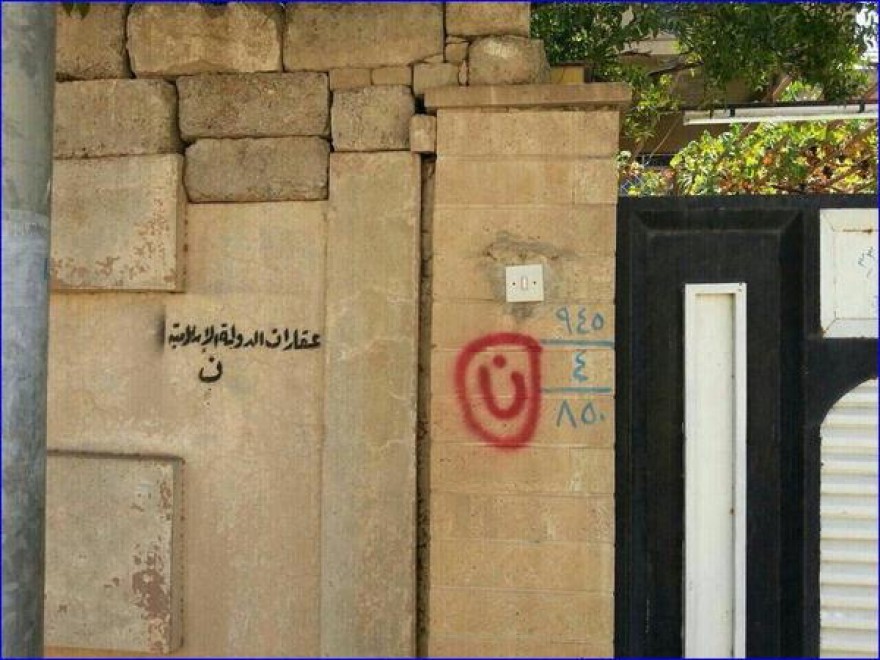
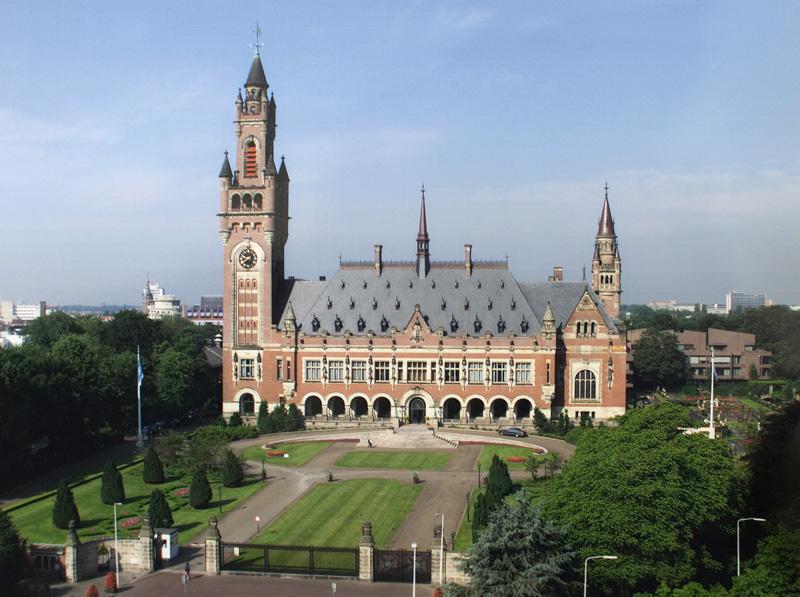
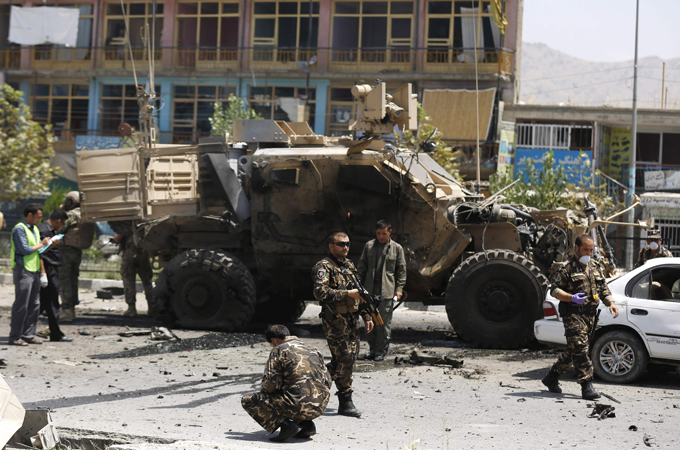
 RSS Feed
RSS Feed
